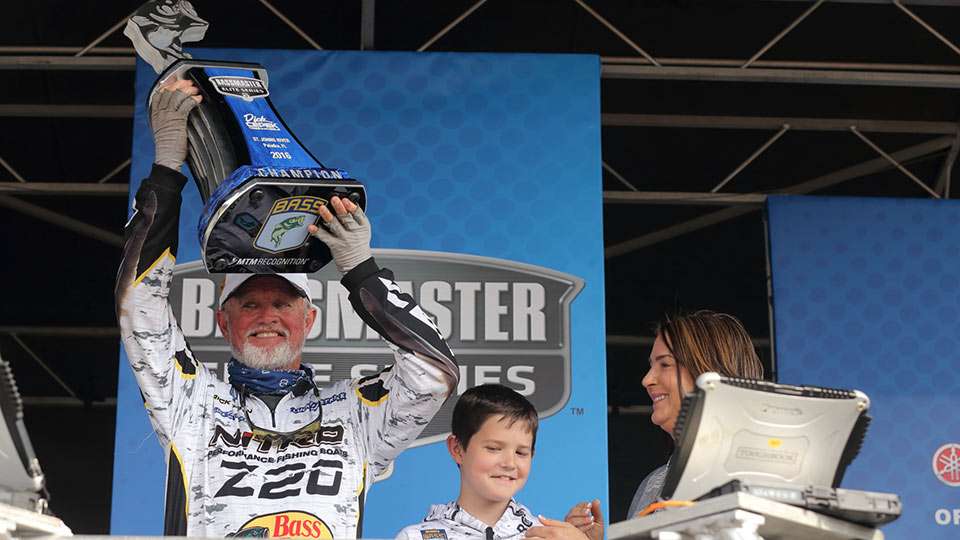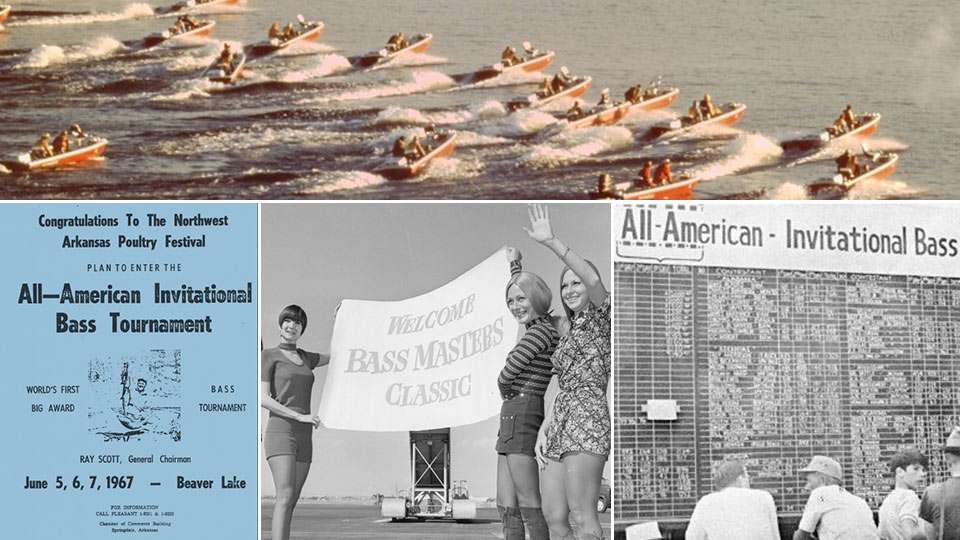
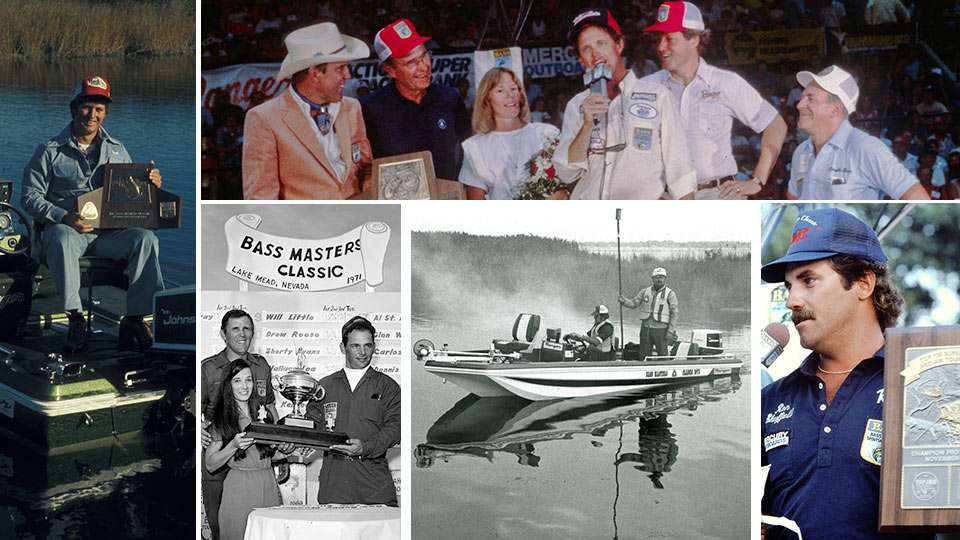
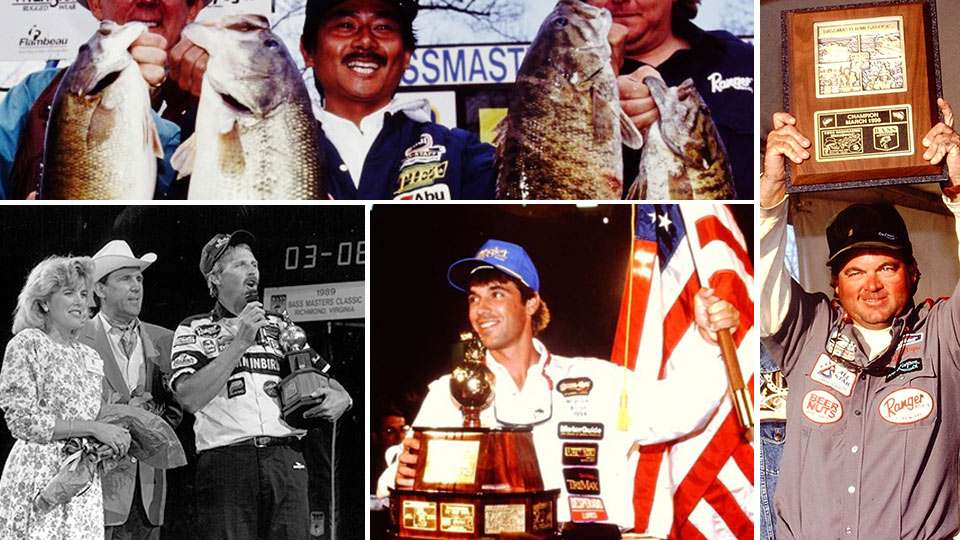
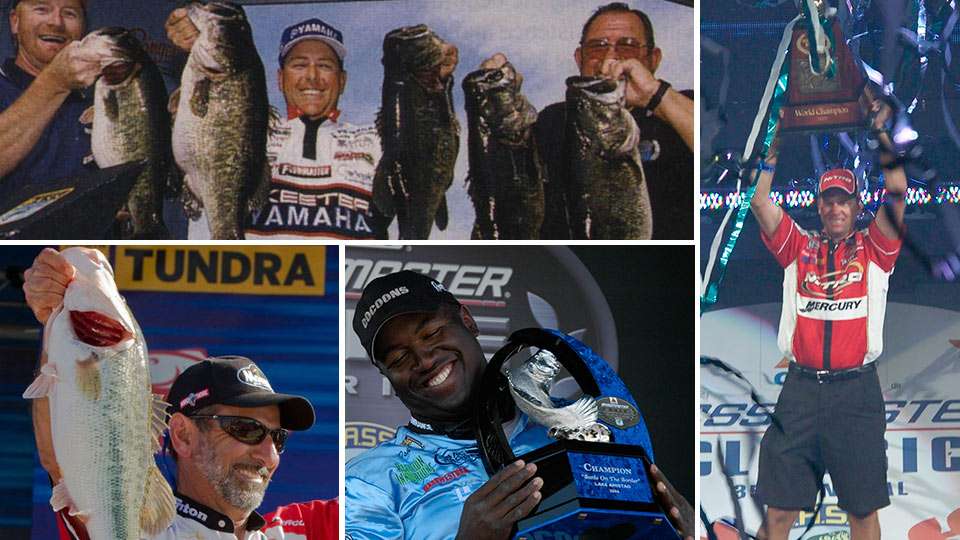
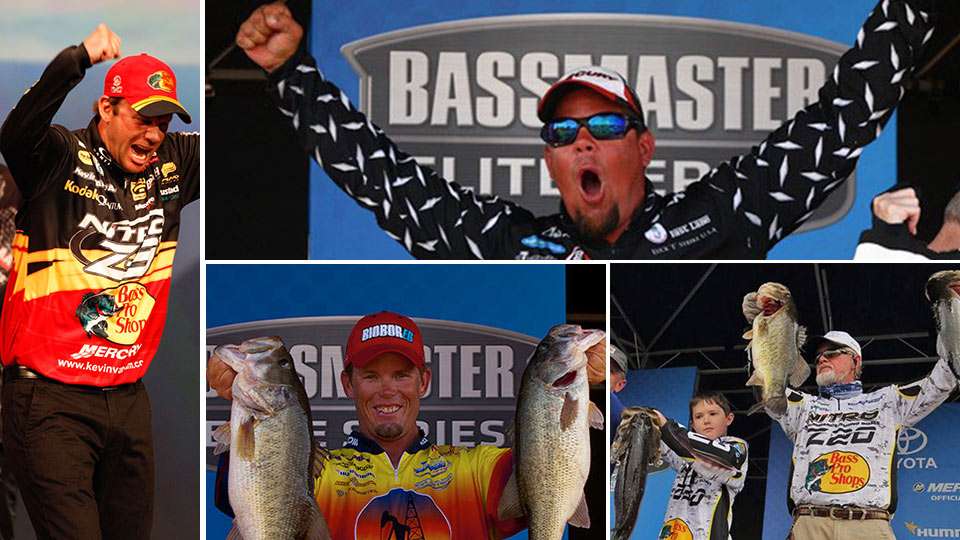
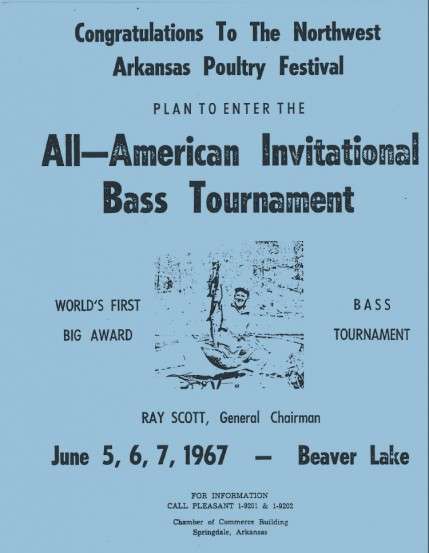
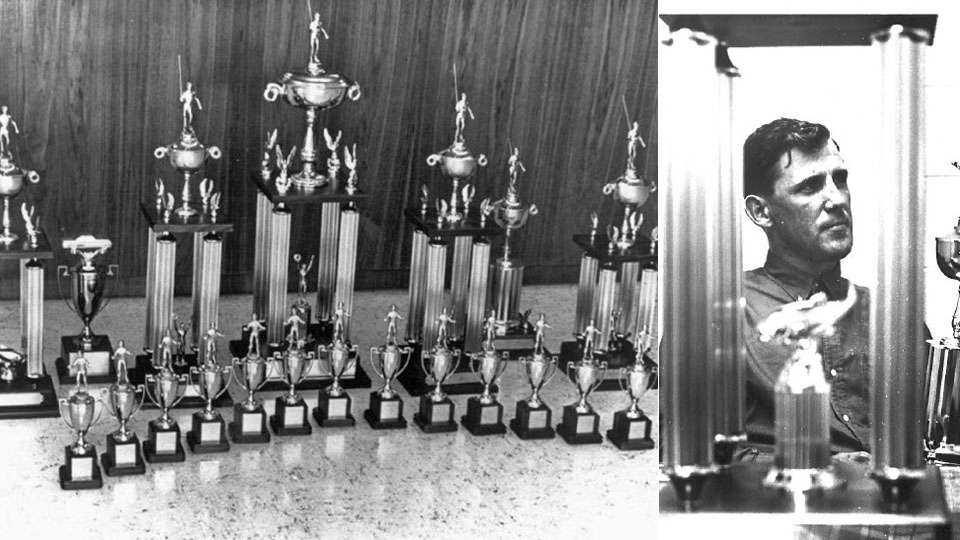
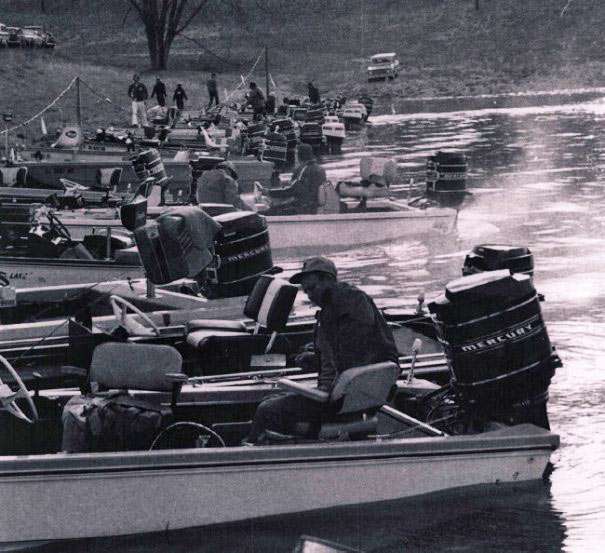
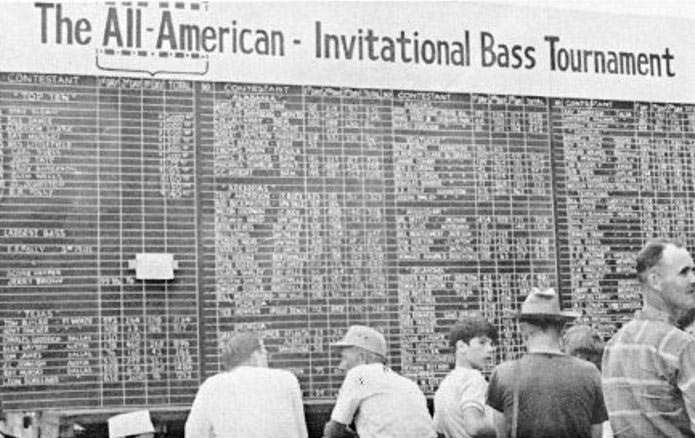
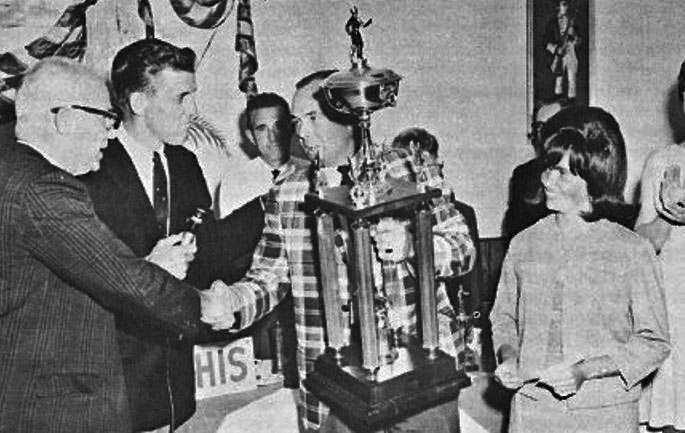
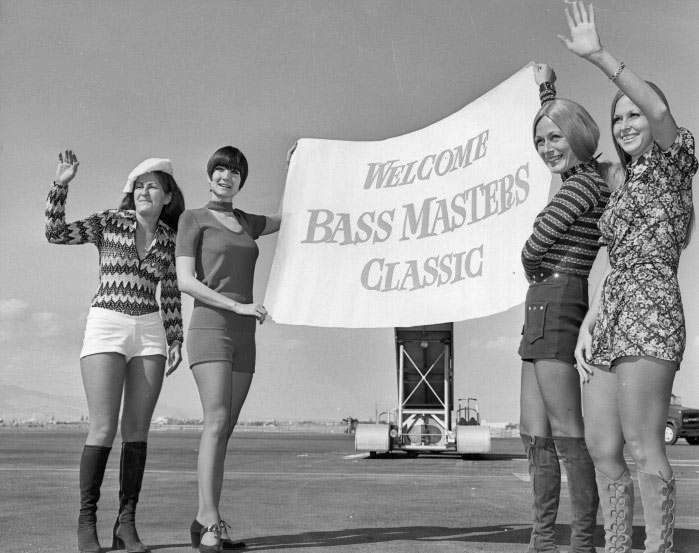
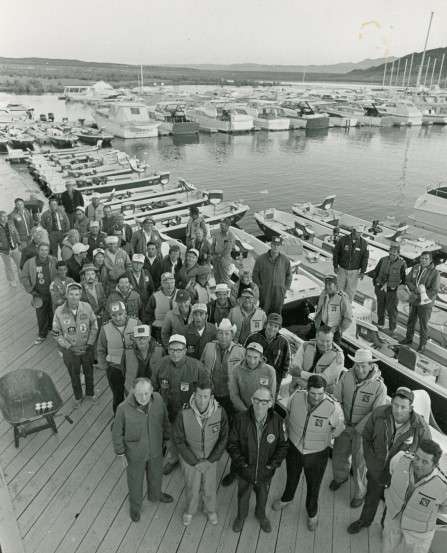
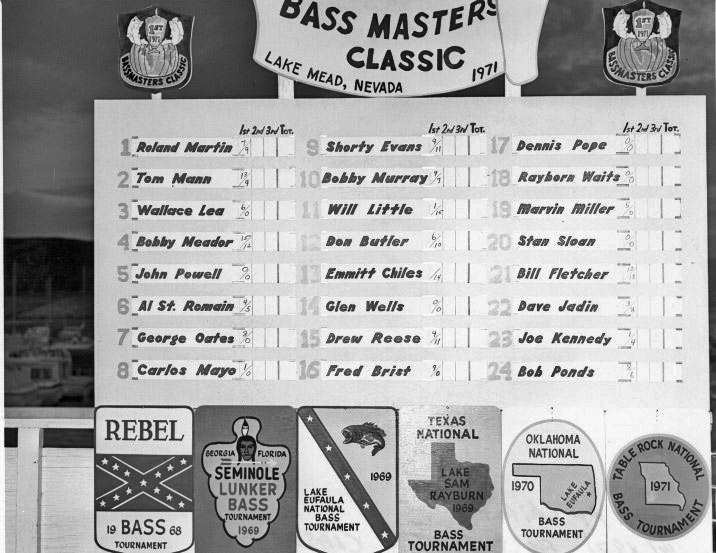
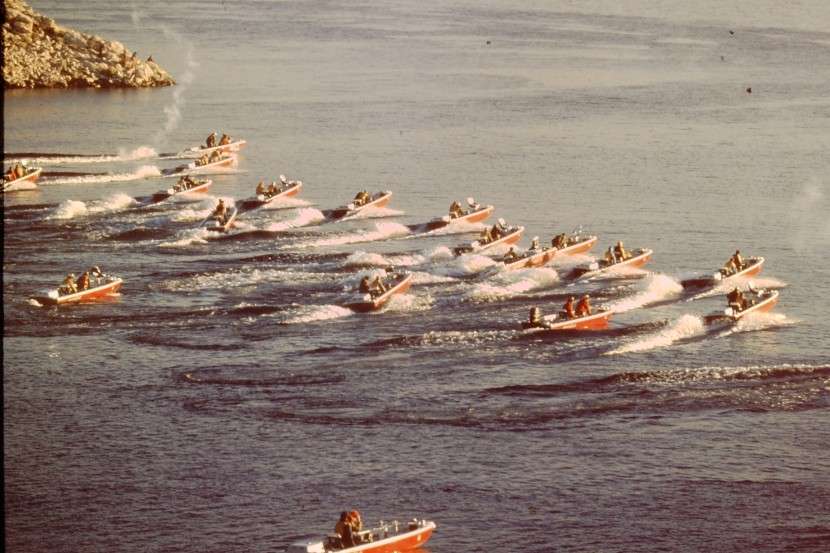
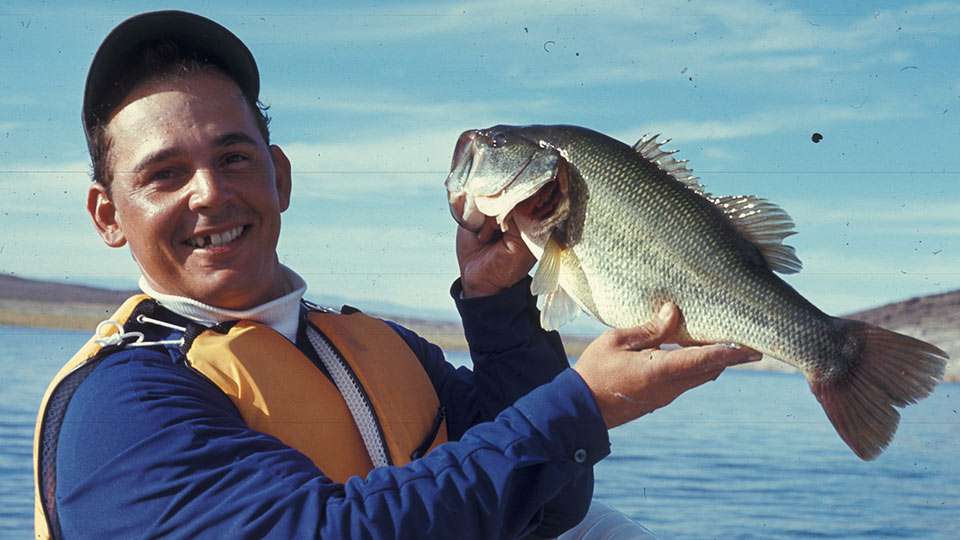
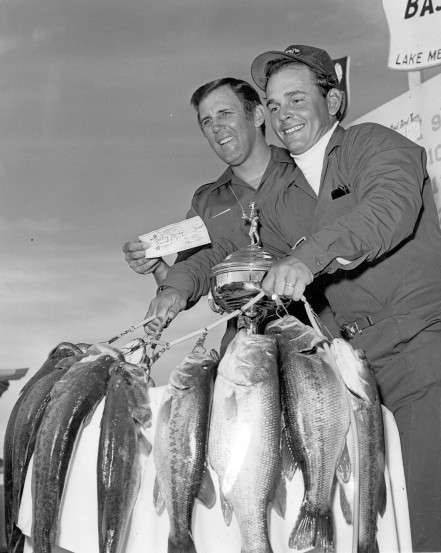
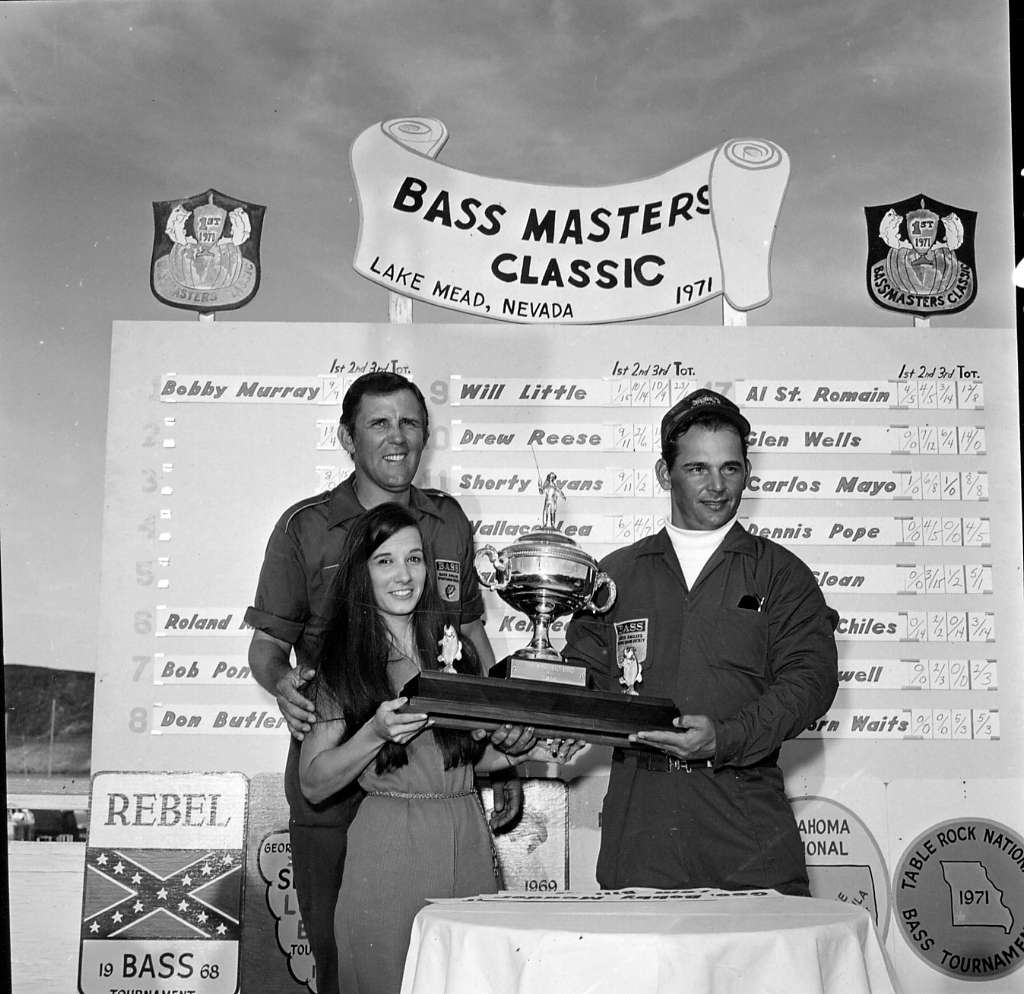
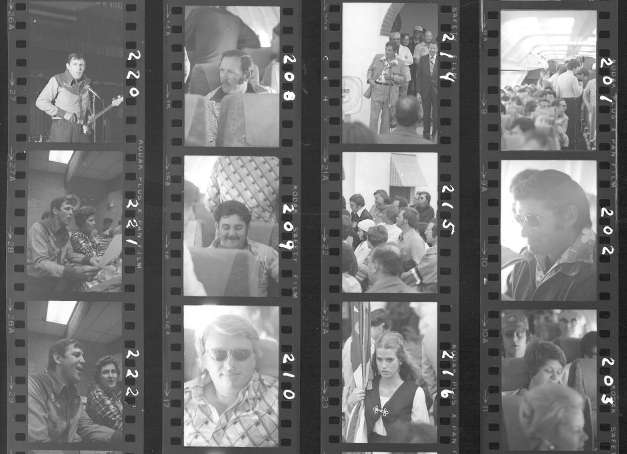
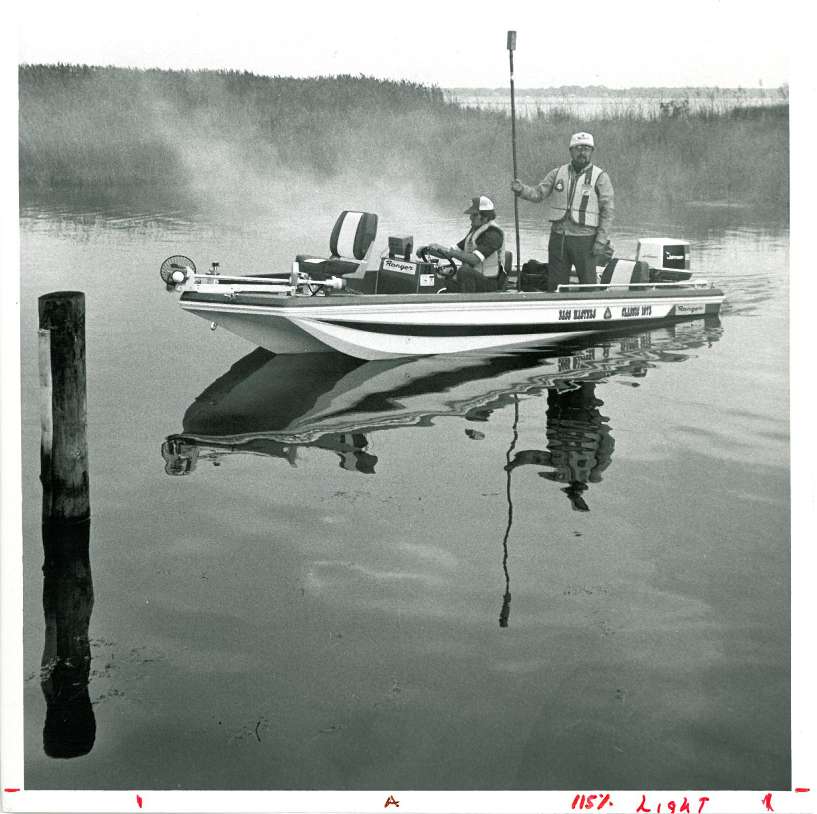
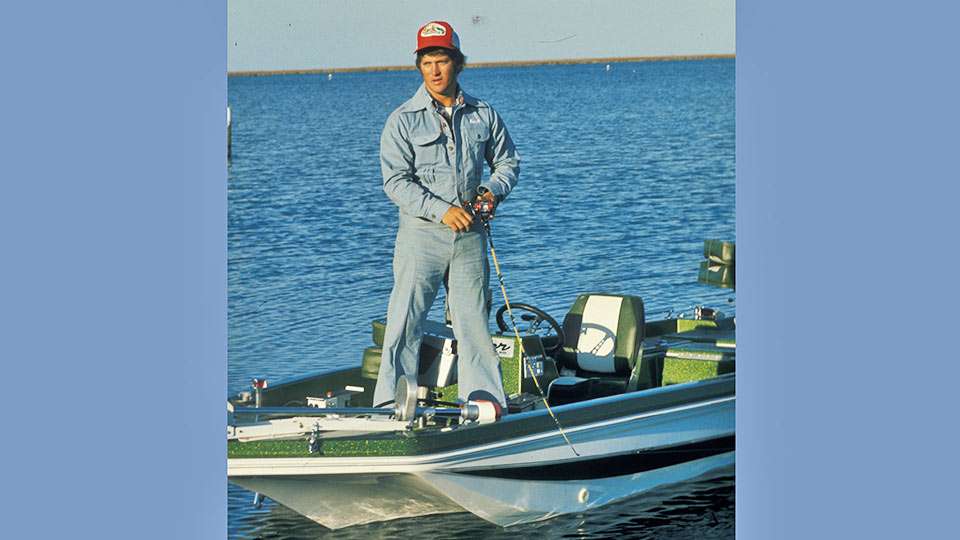
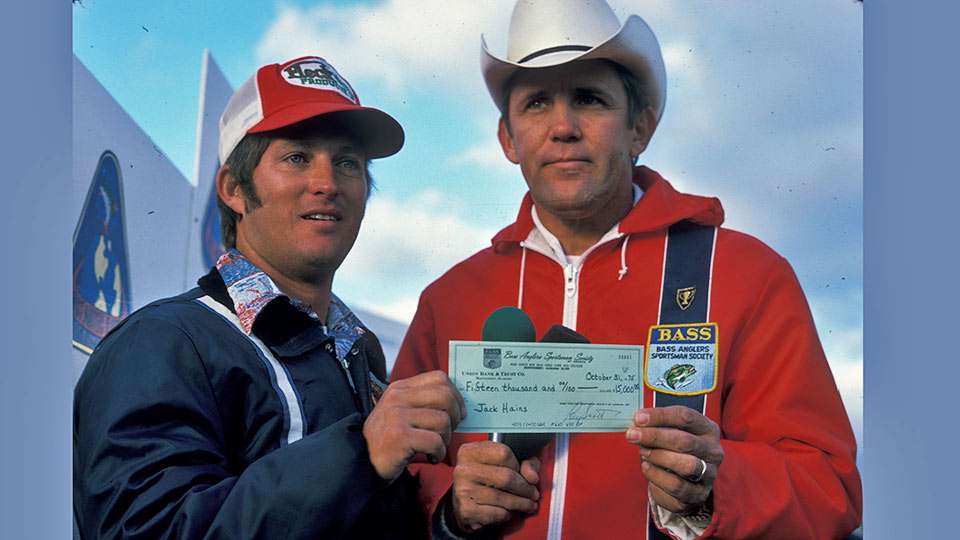
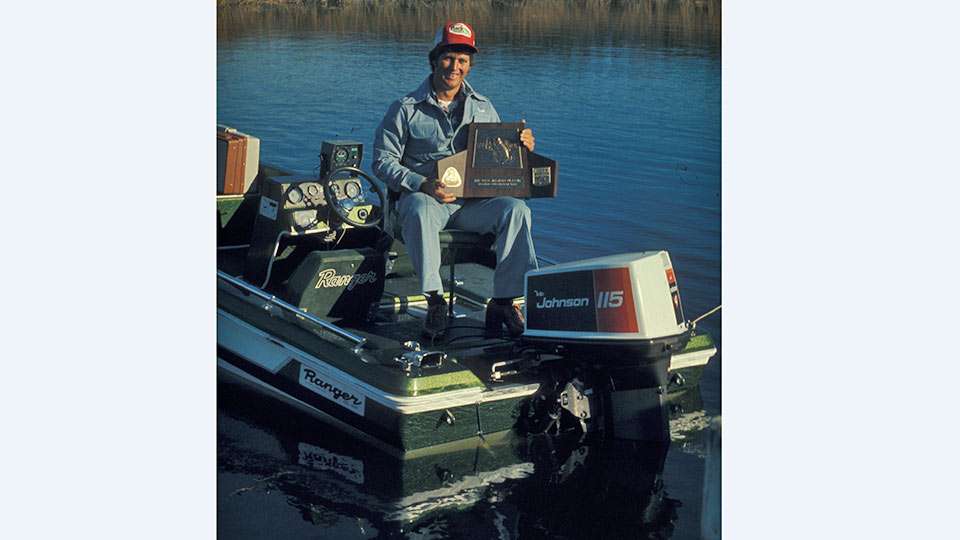
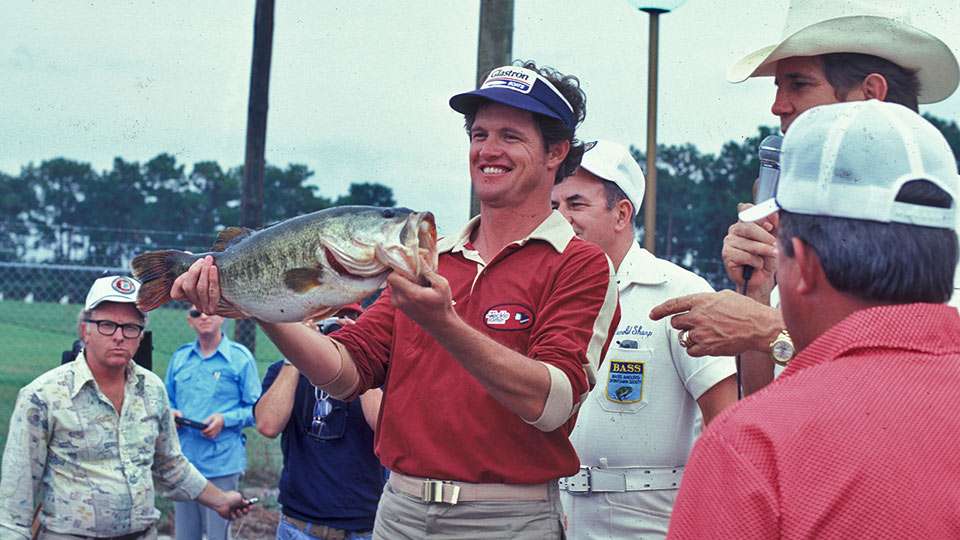
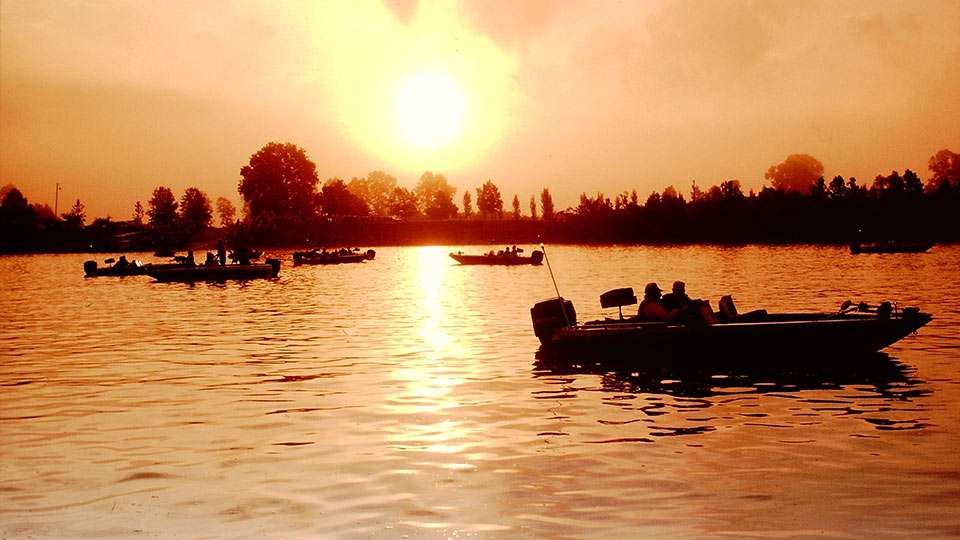
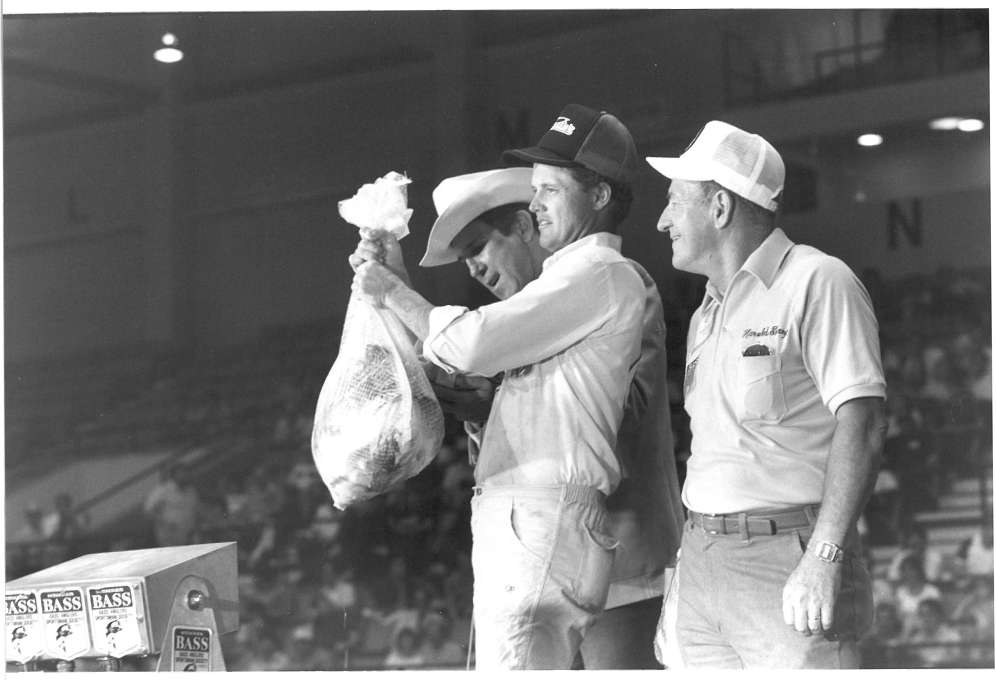
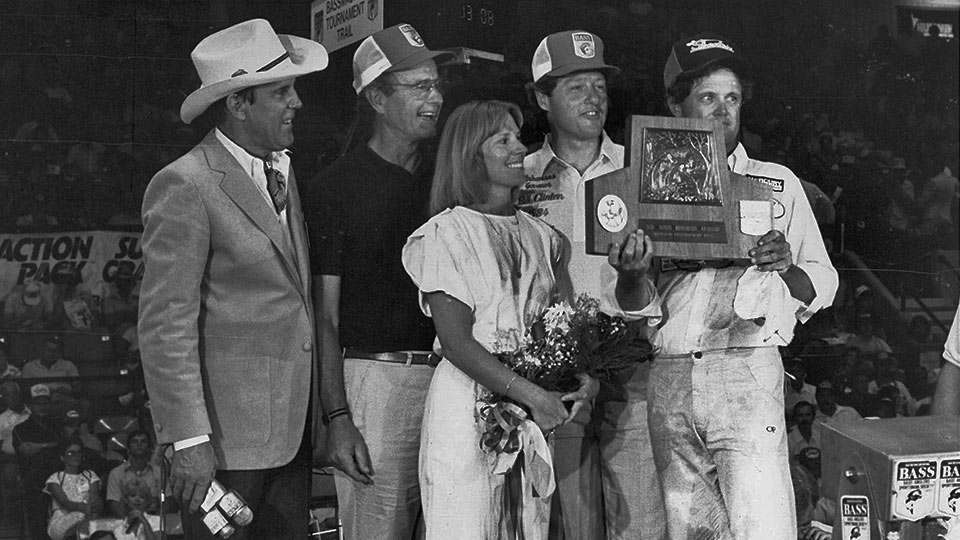
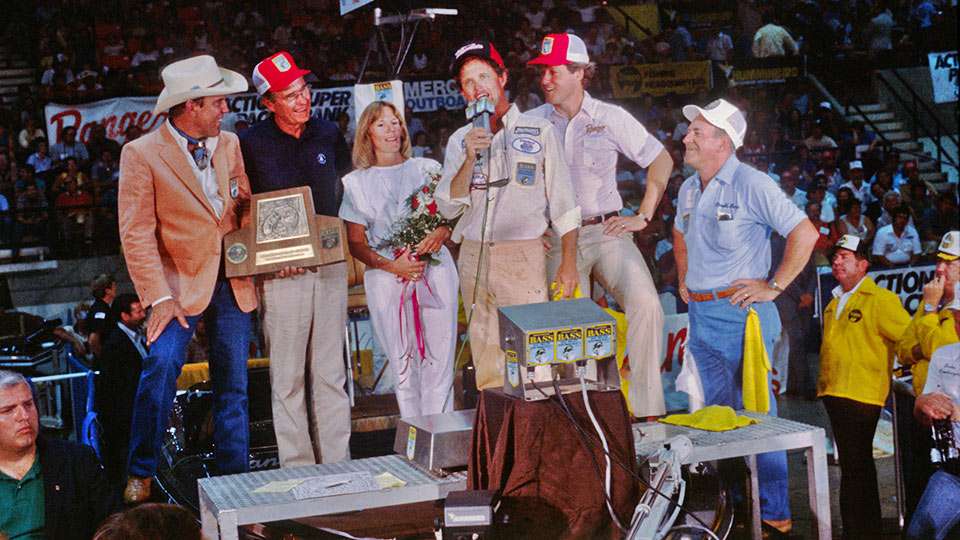
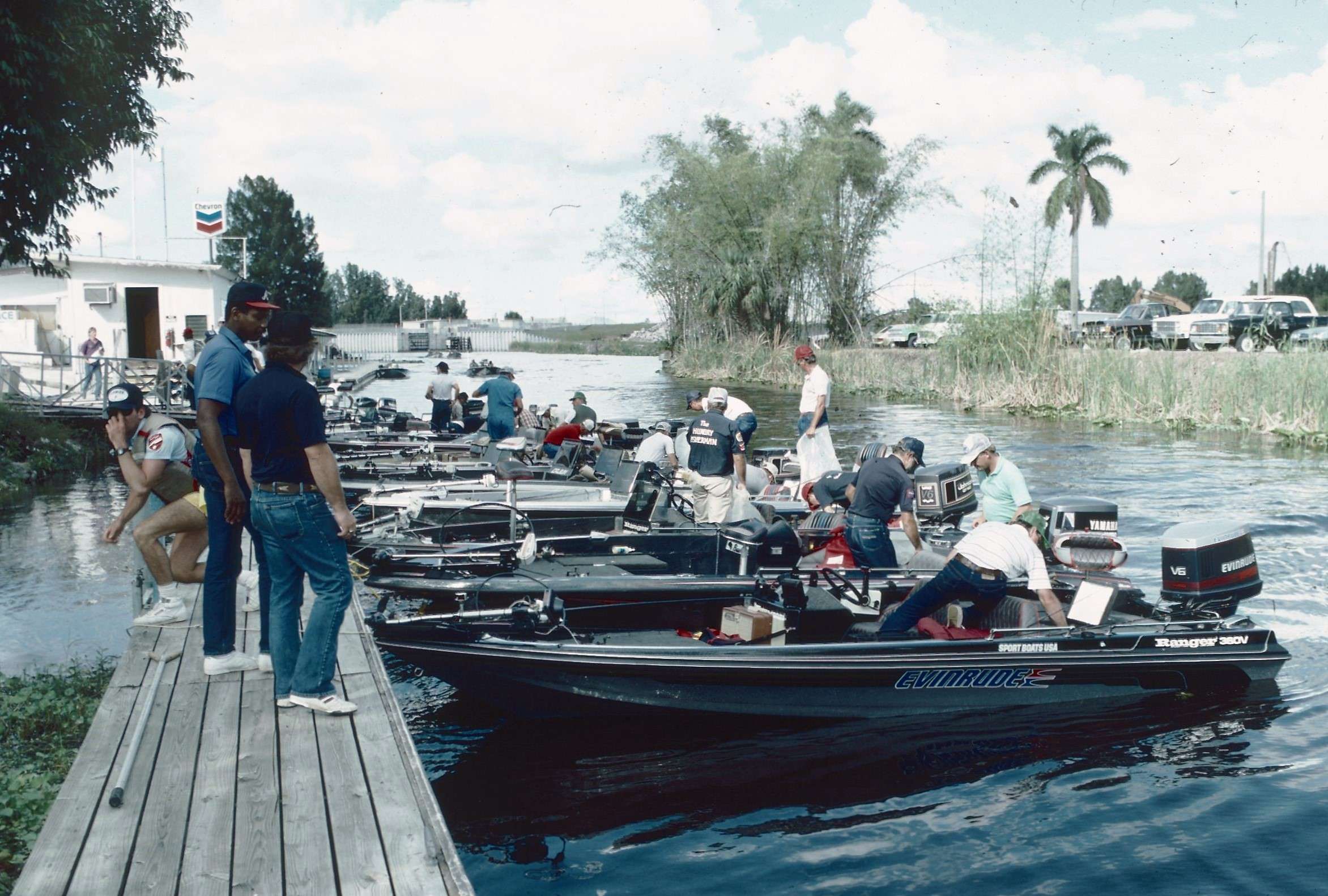
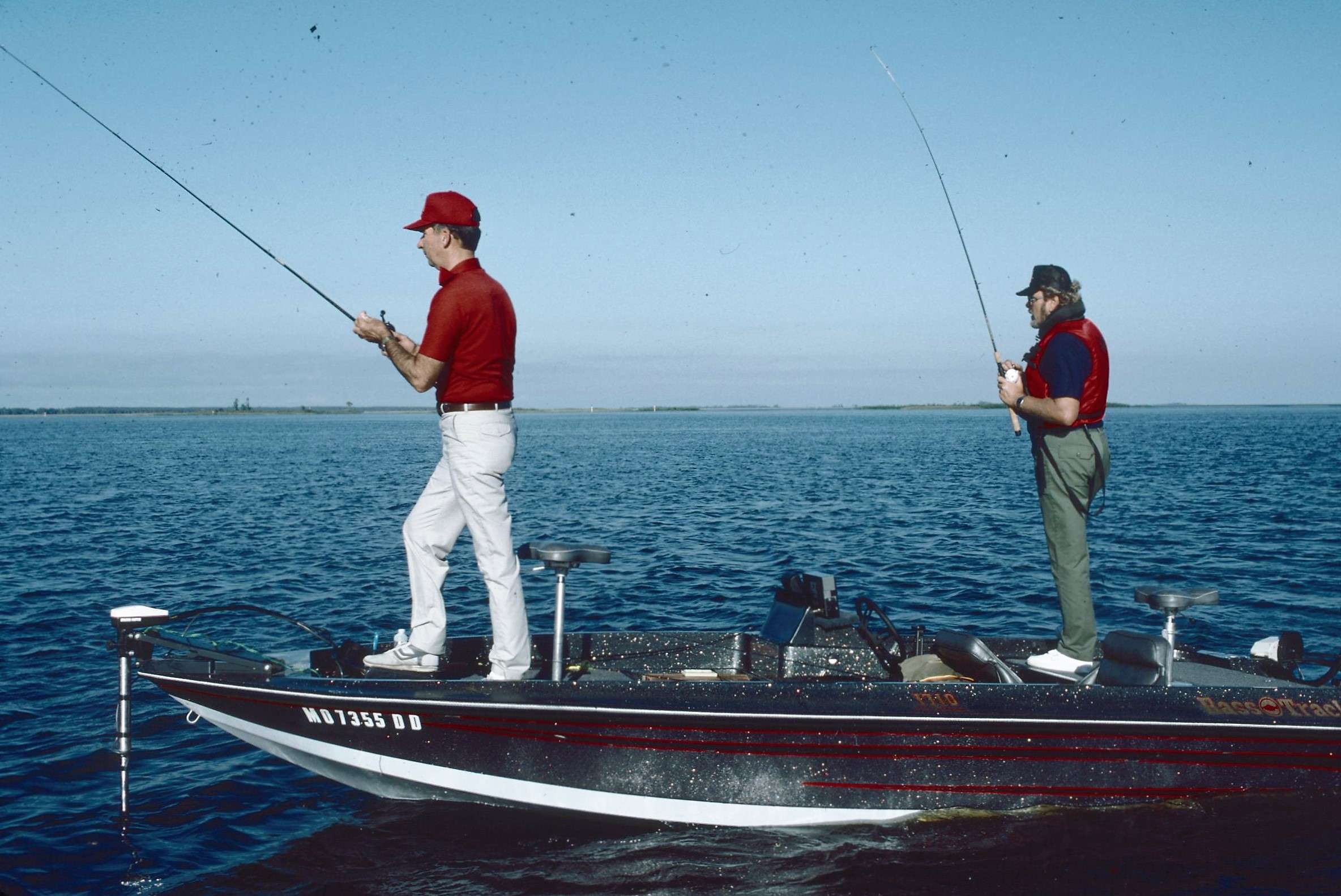
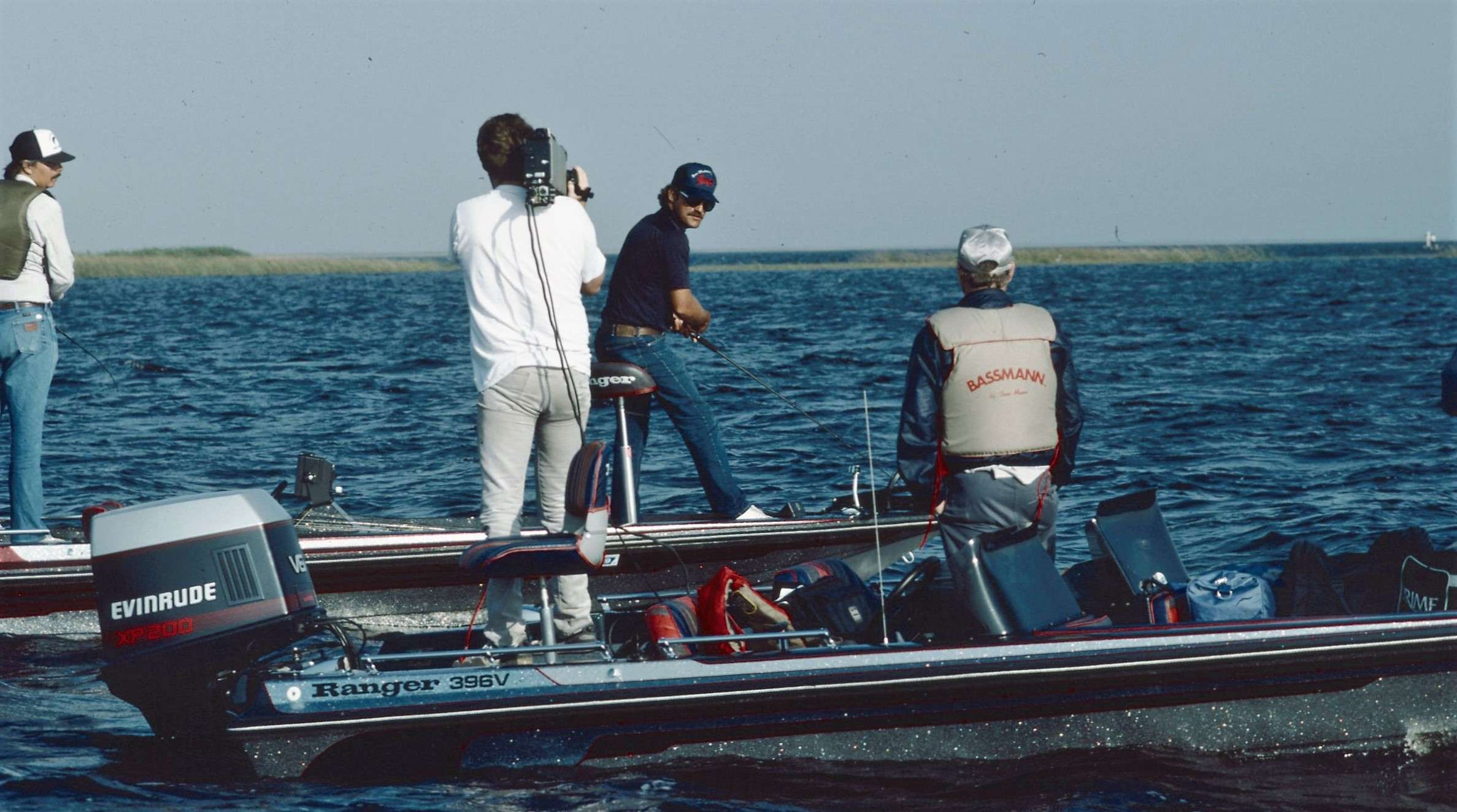
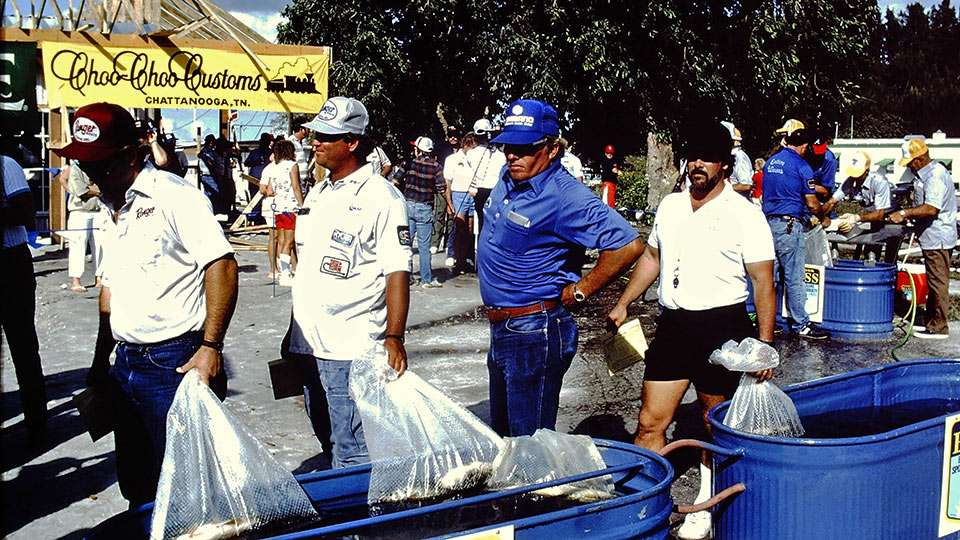
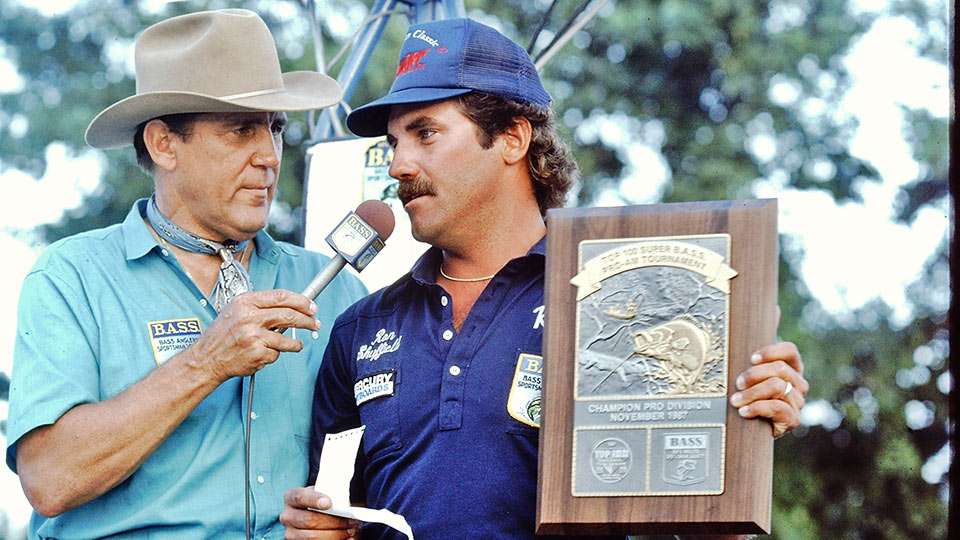
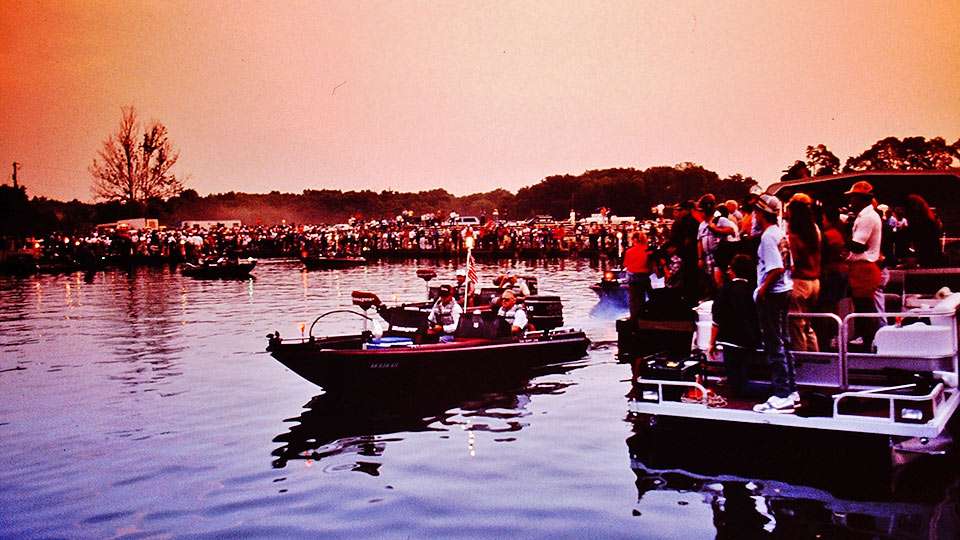
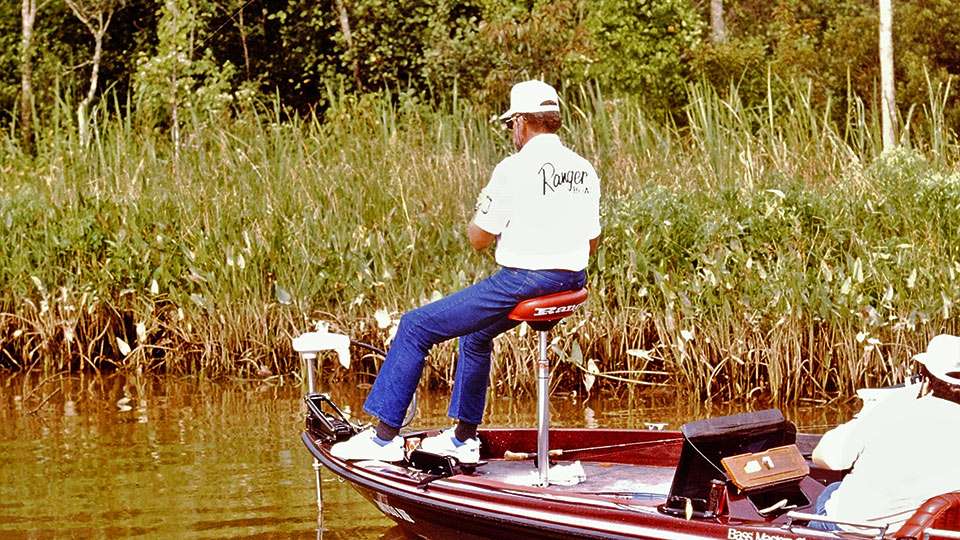
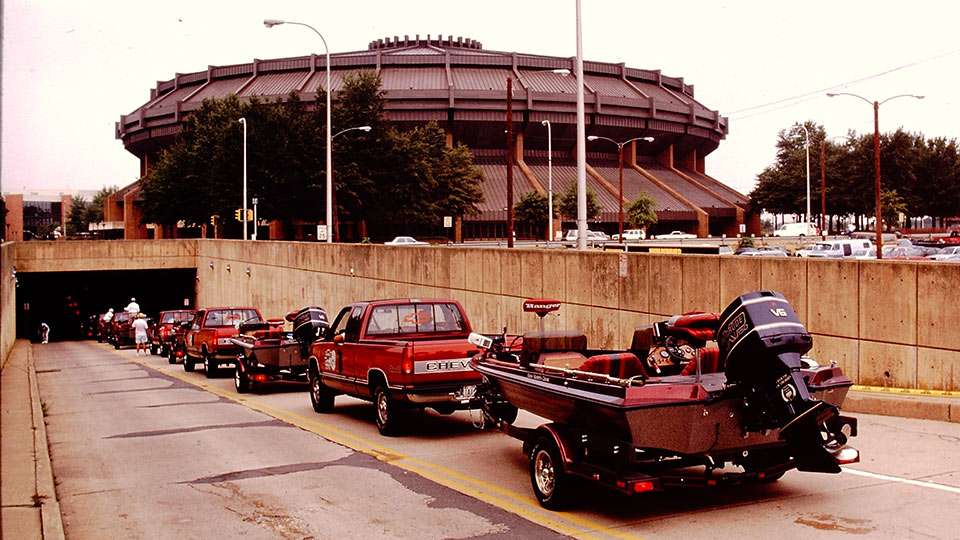
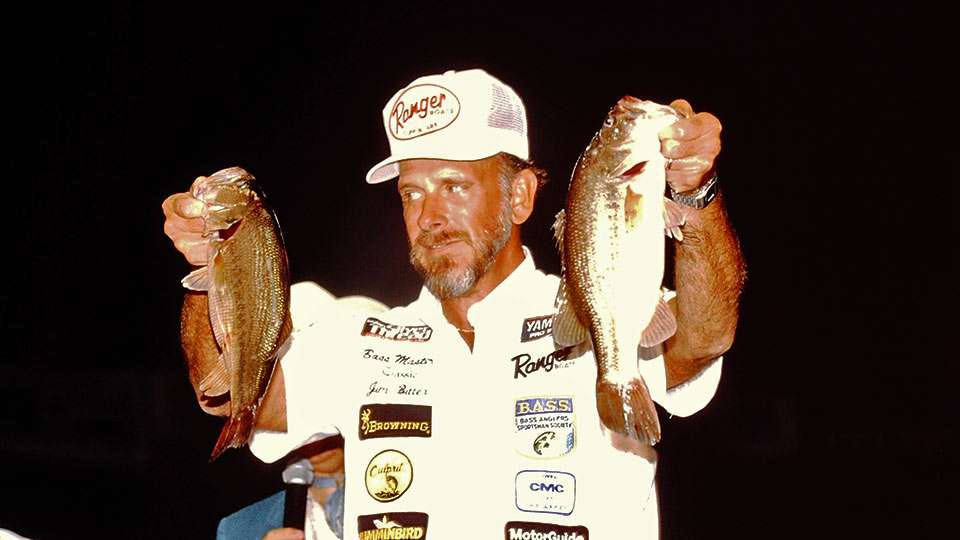
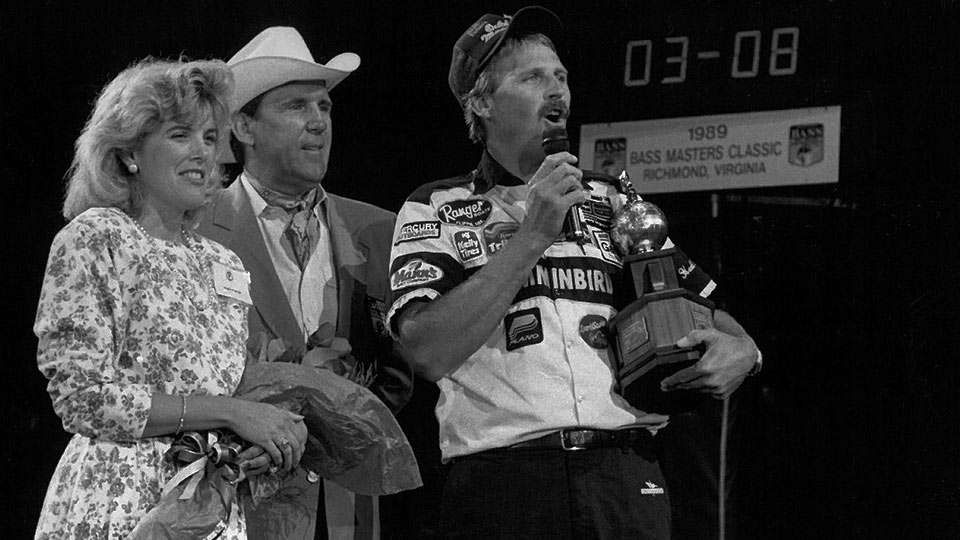
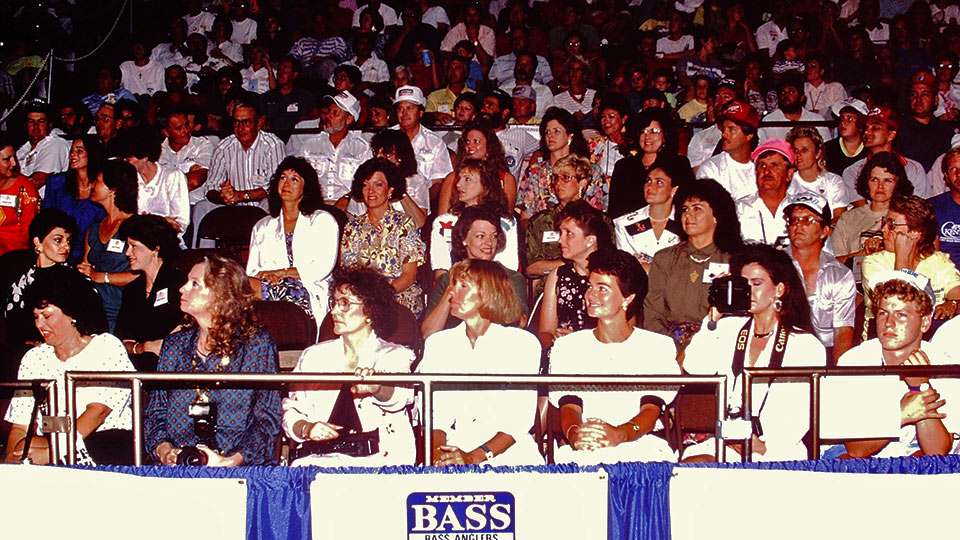
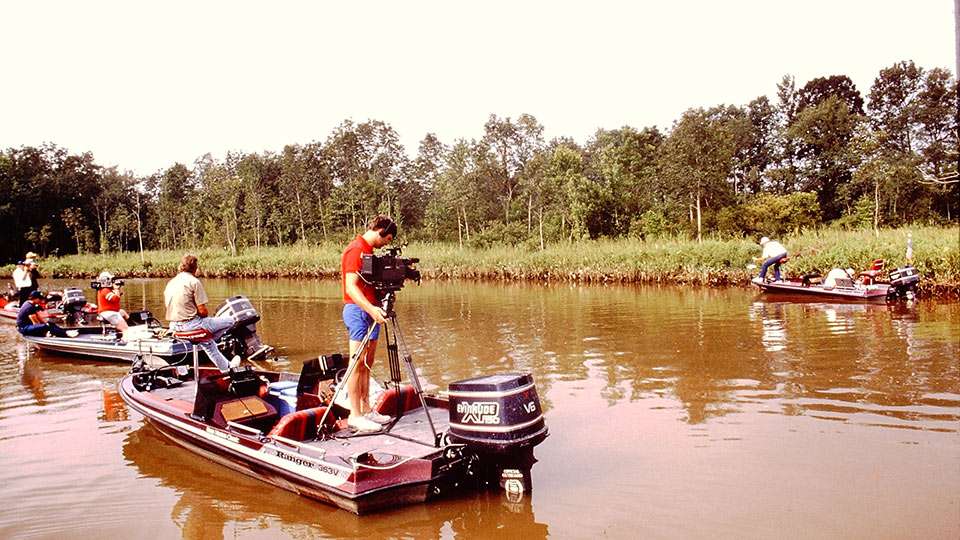
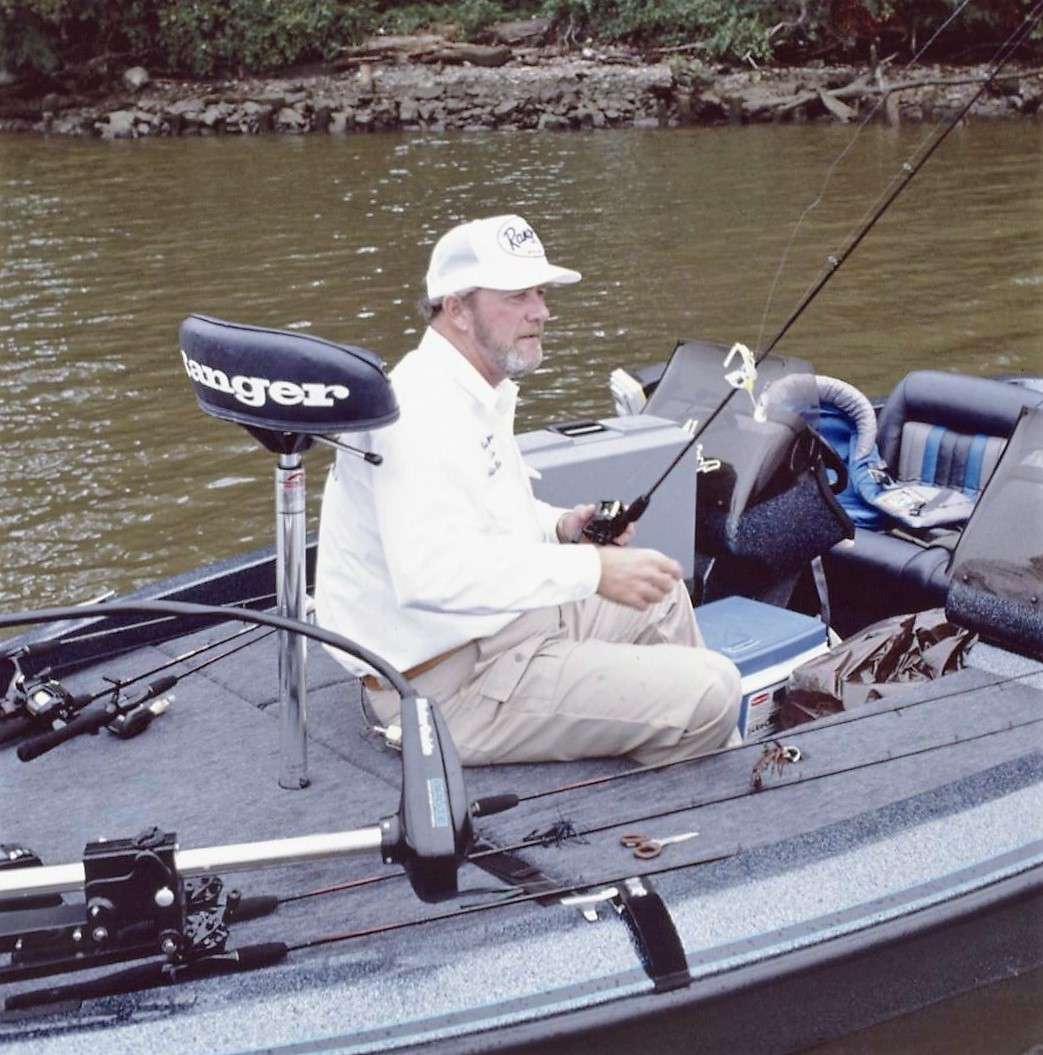
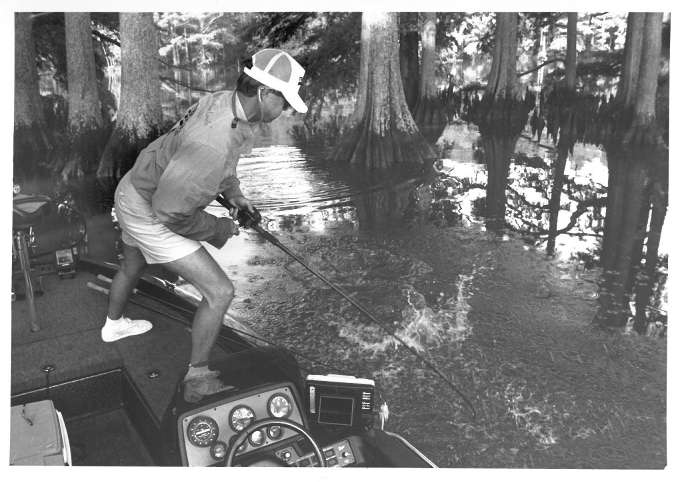
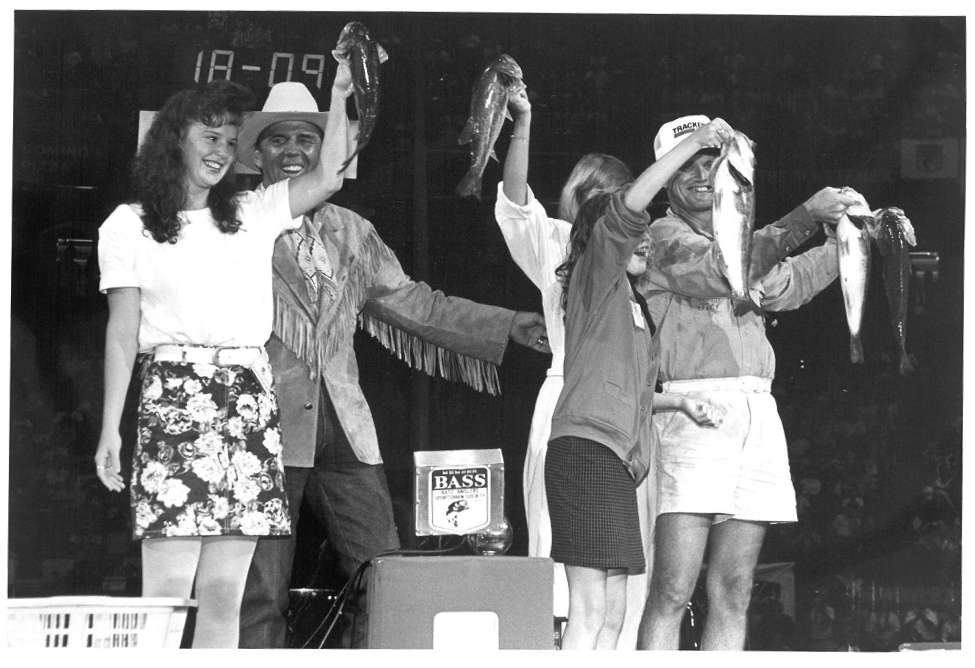
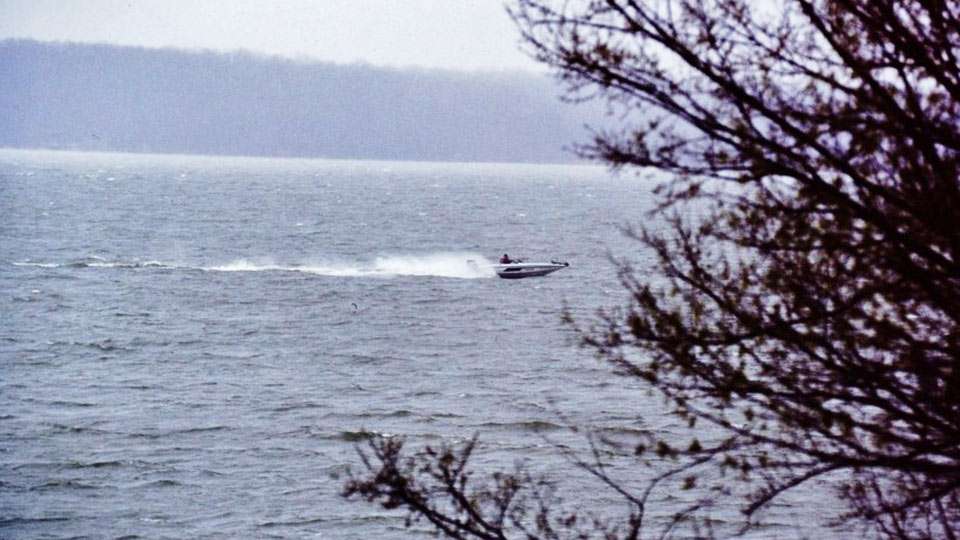
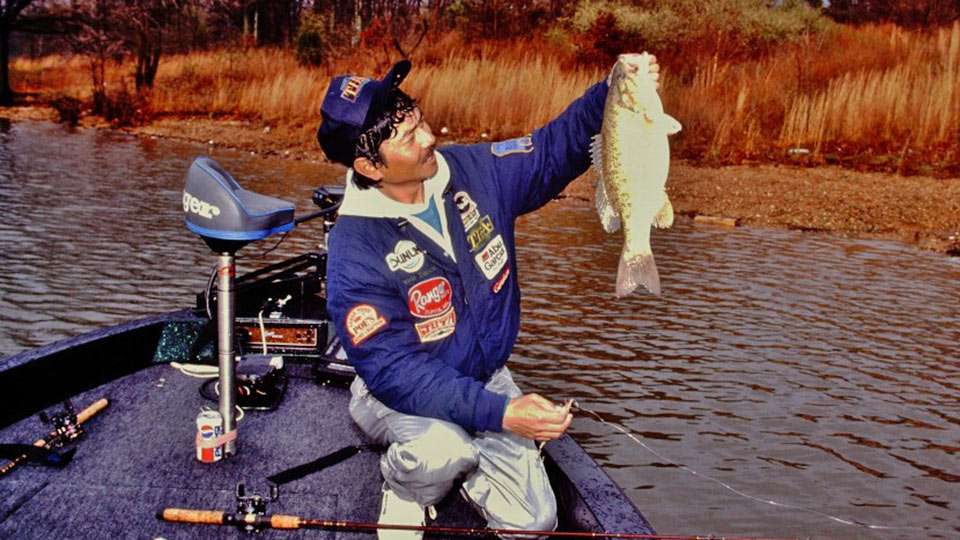
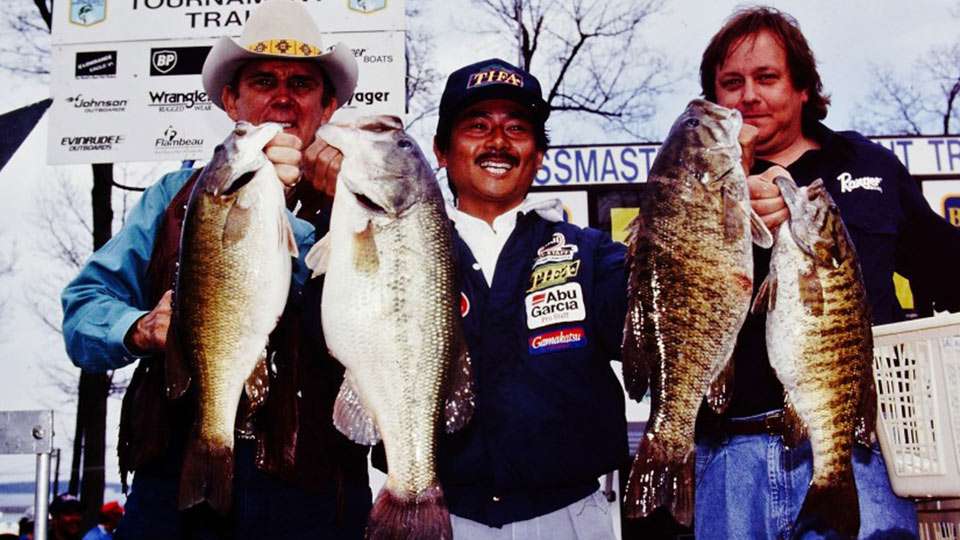
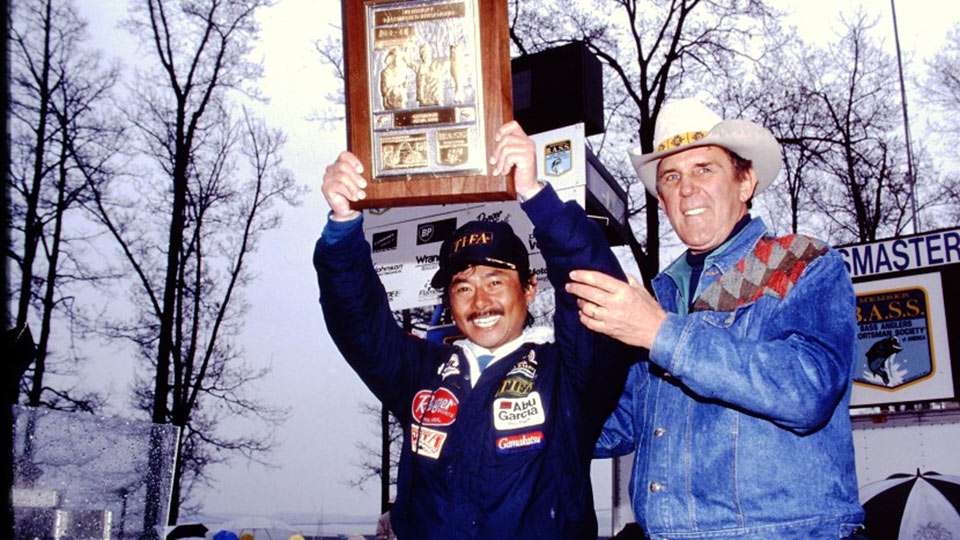
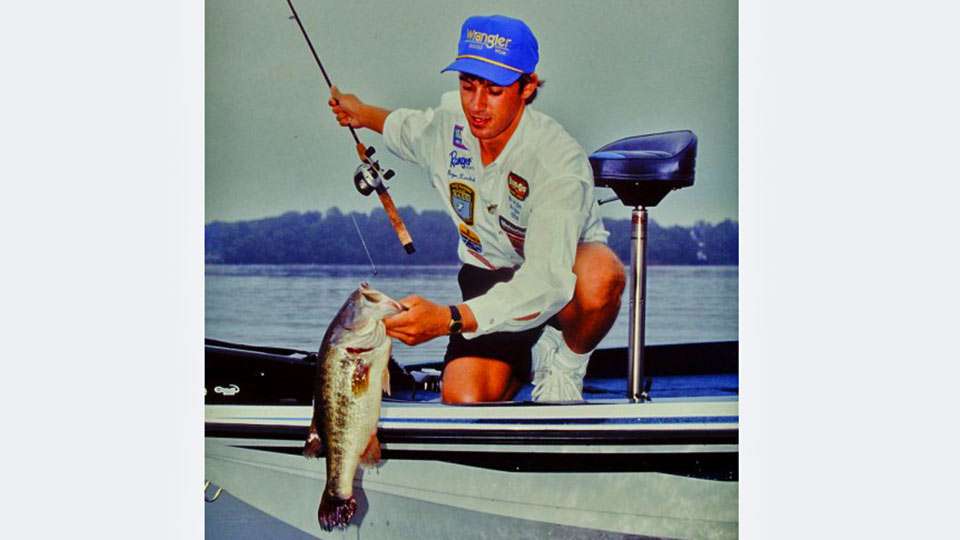
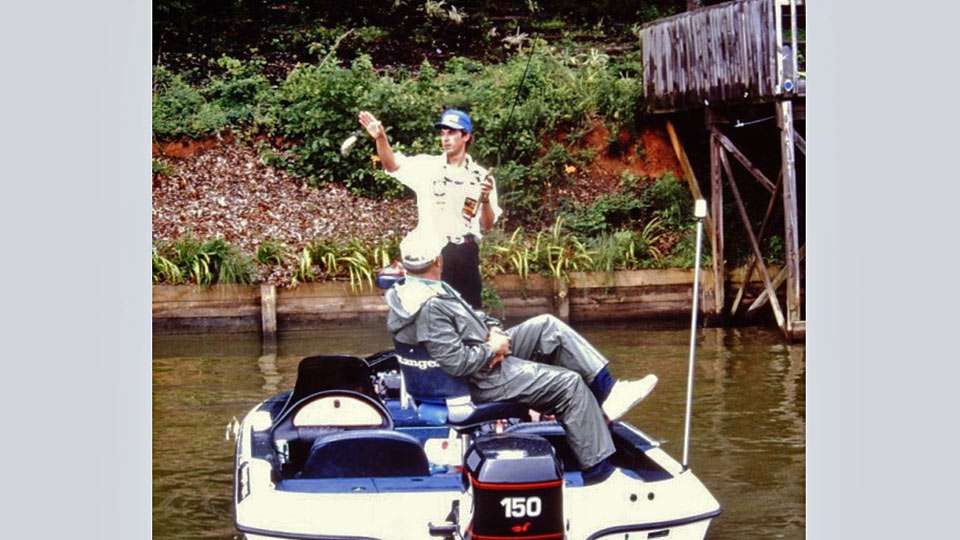
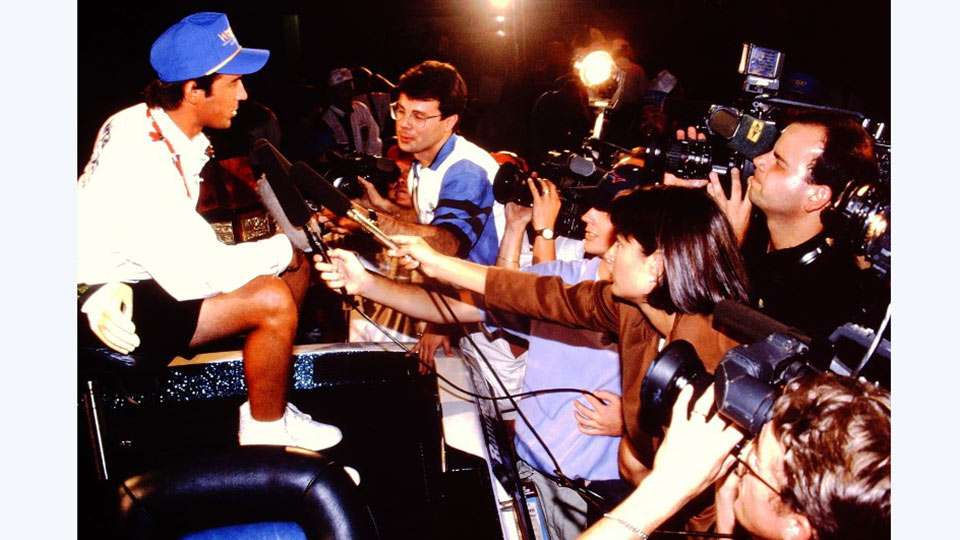
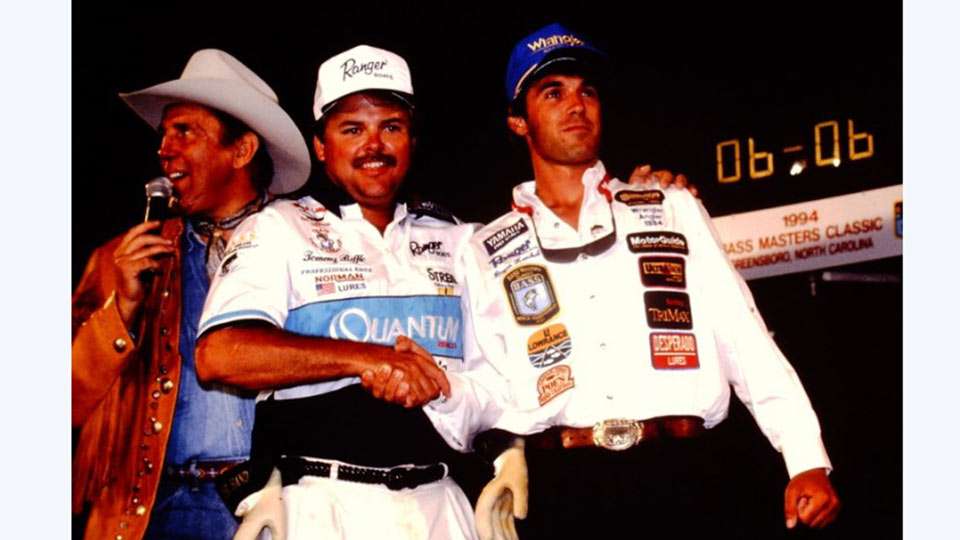
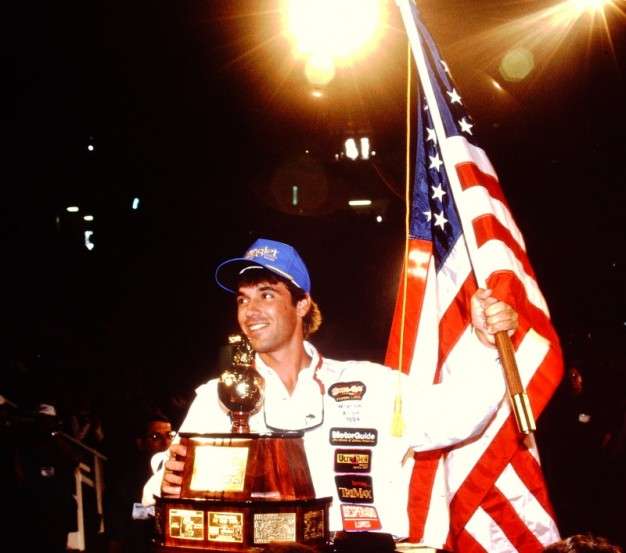
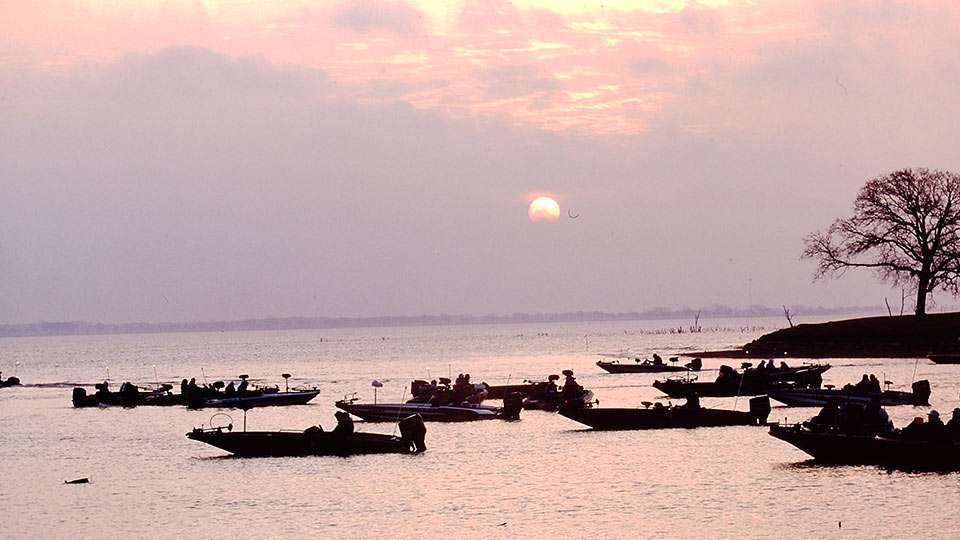
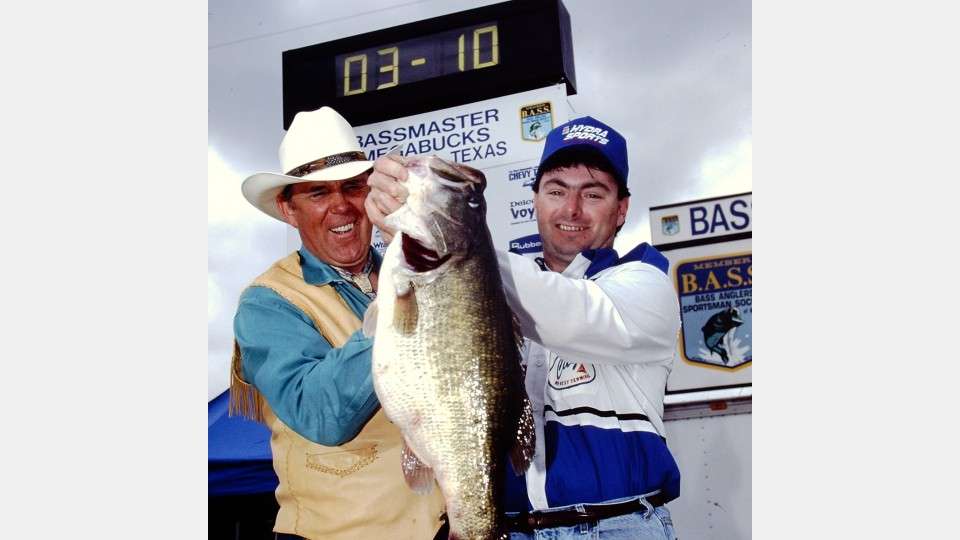
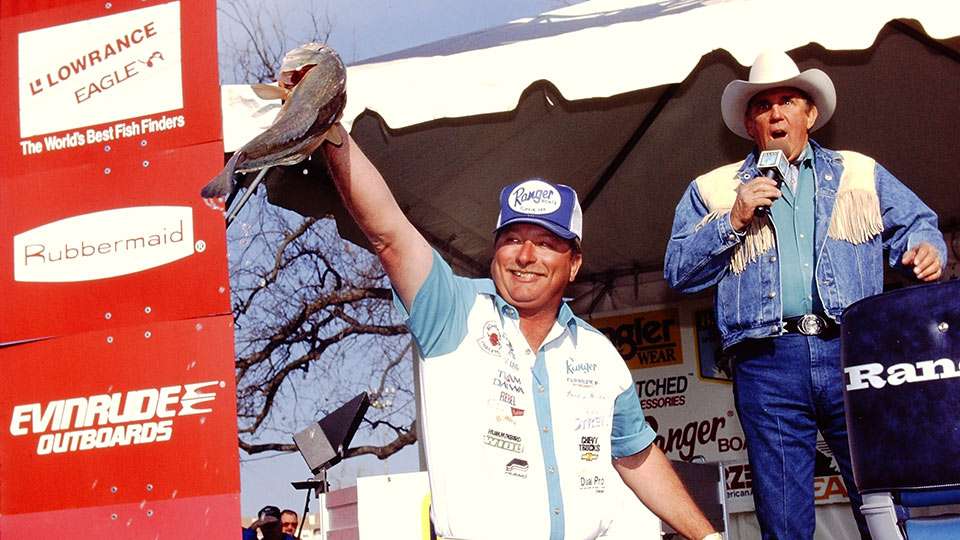
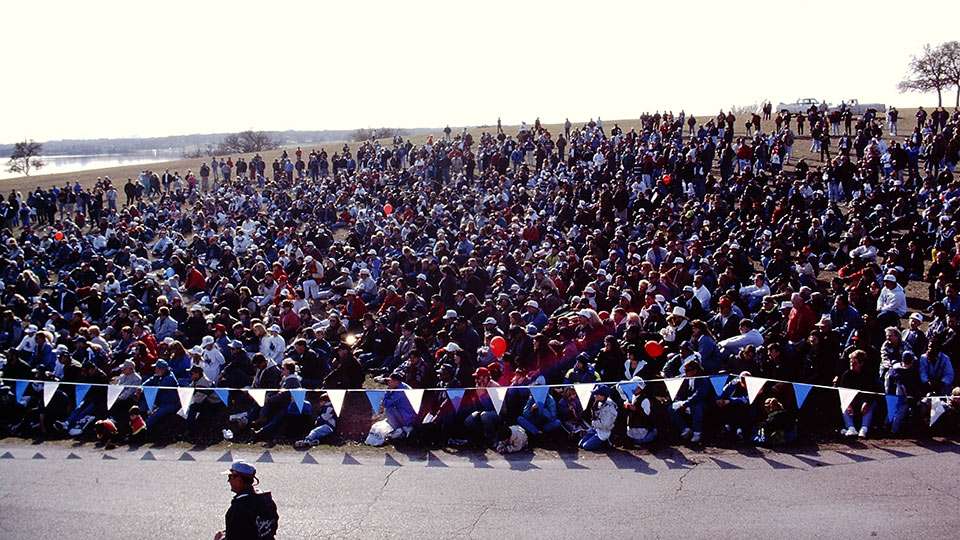
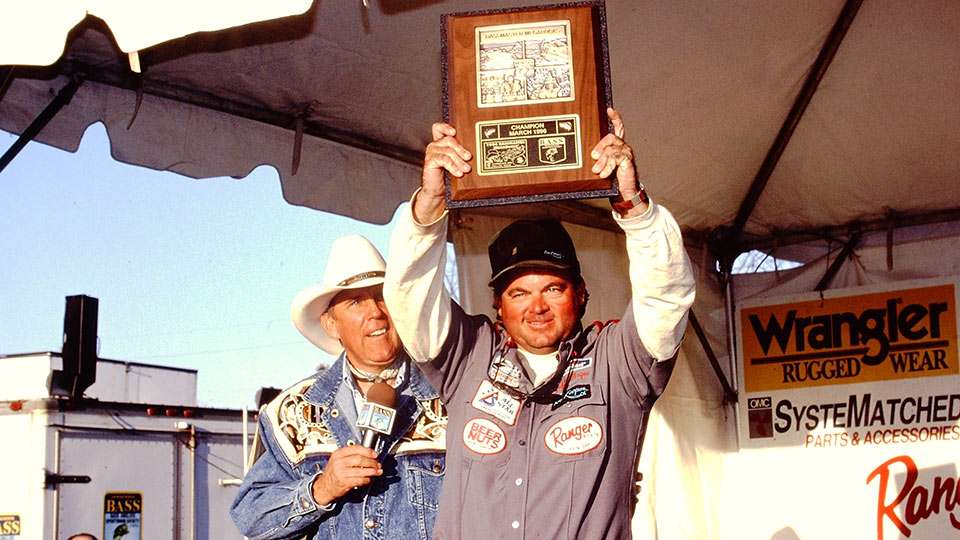
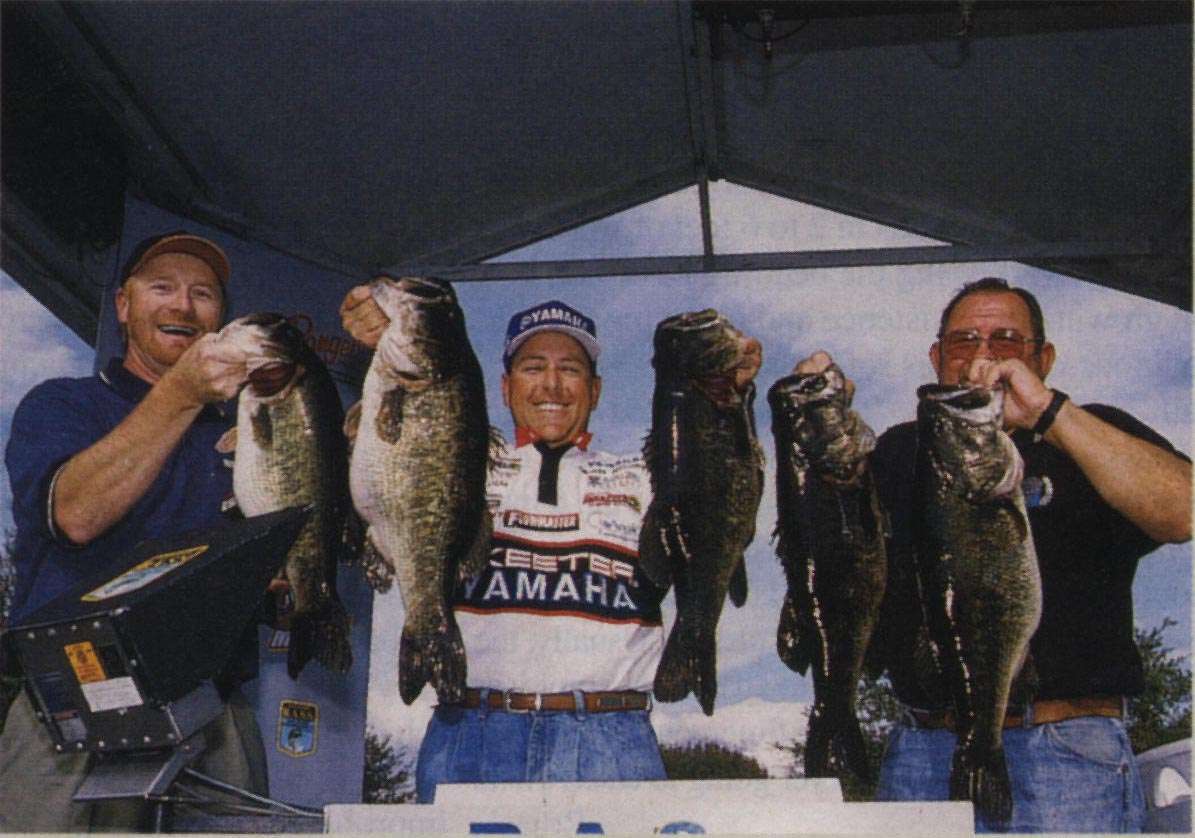
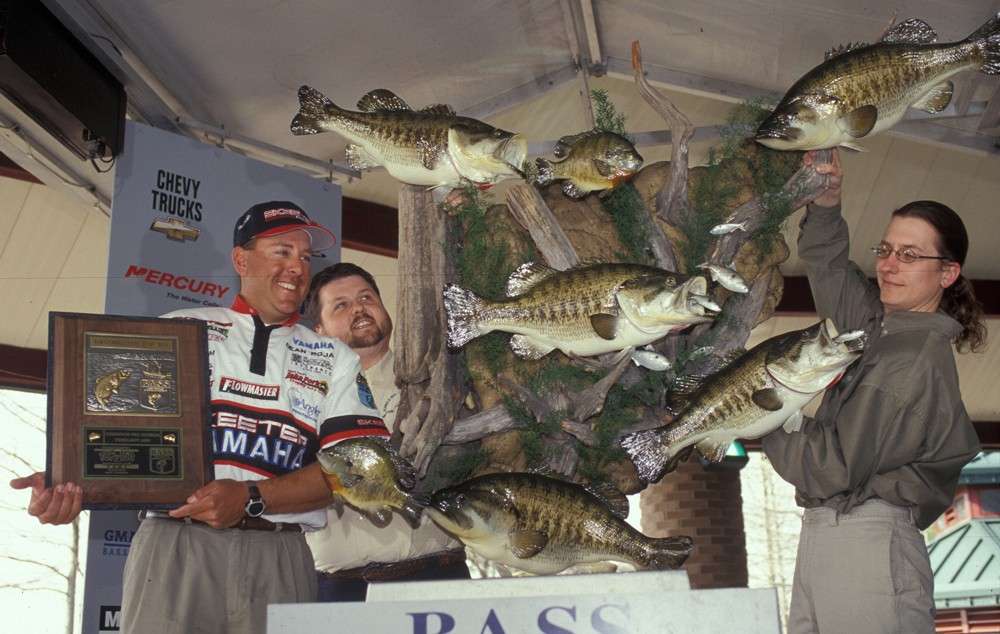
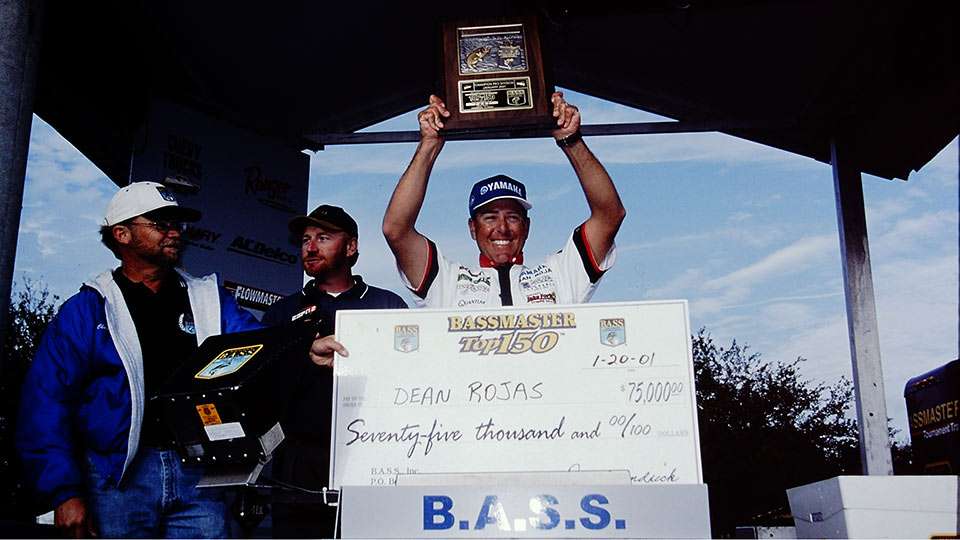
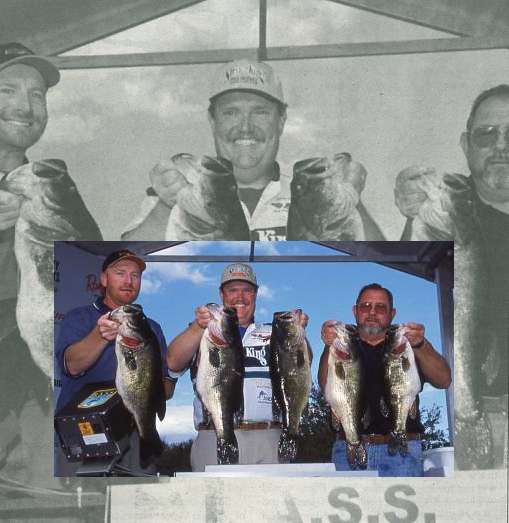
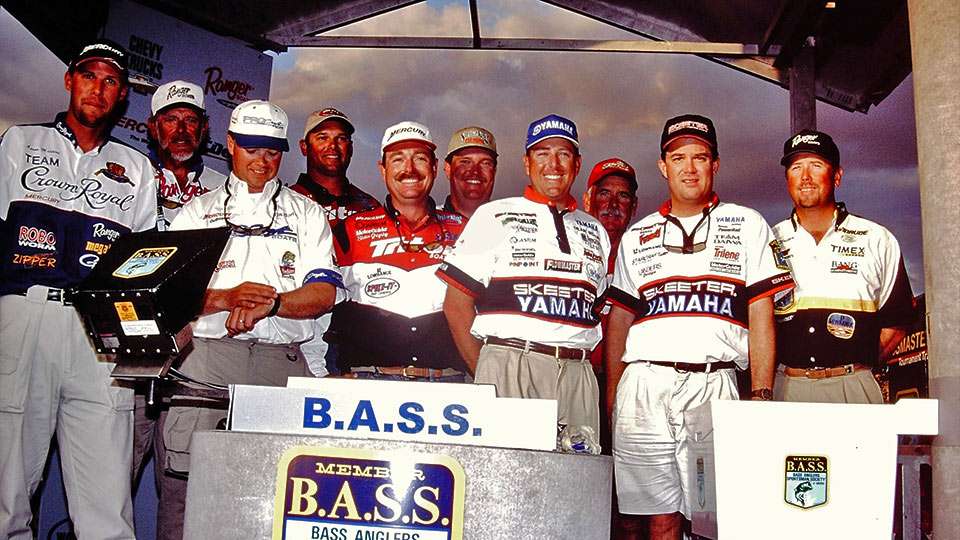
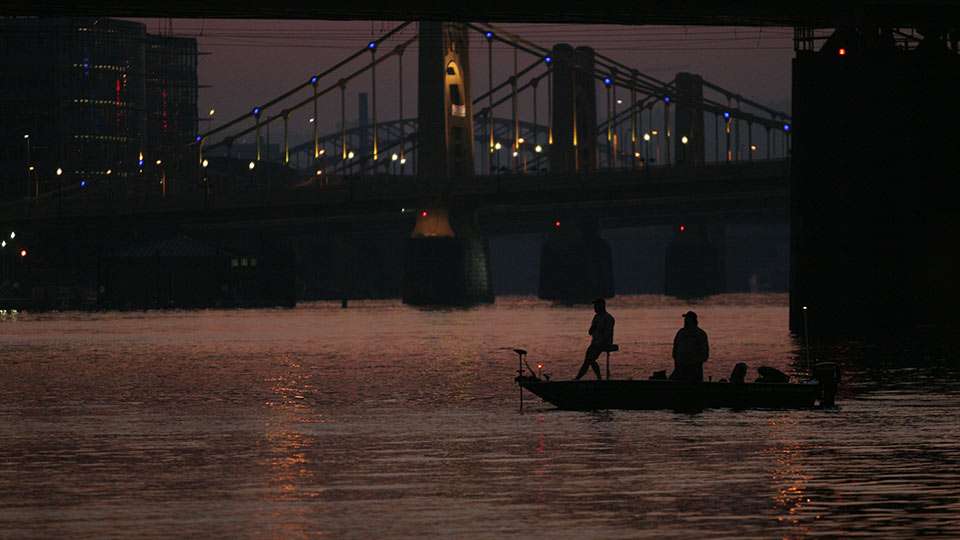
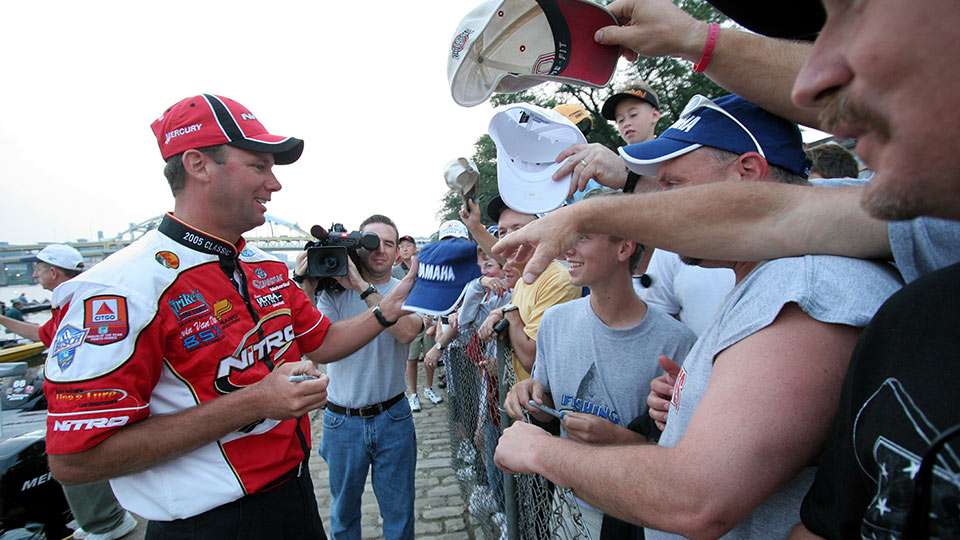
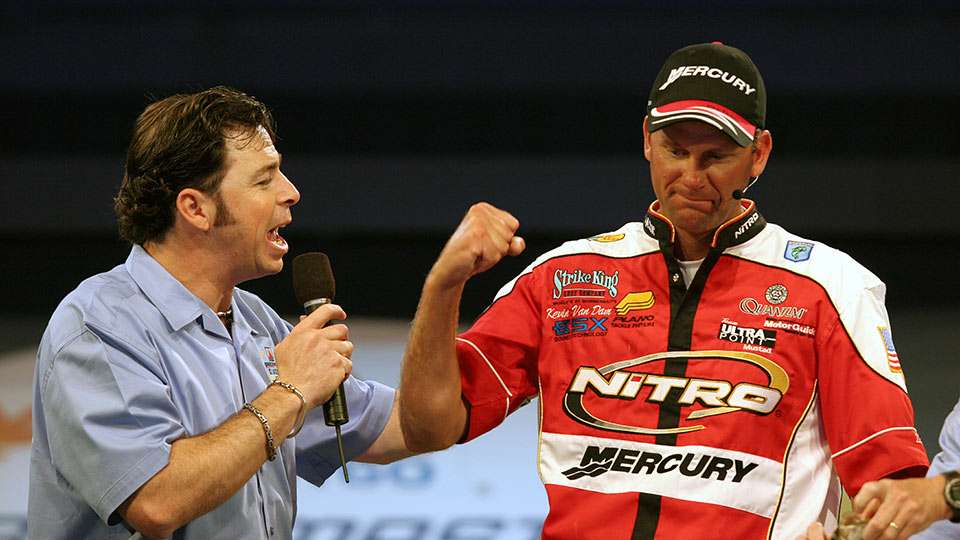
![Martens might have done that. It was the third time in four years he had to settle for second in the Classic. He missed the 2003 event. âFinishing second [stinks],â he said. âI wish I wasnât second every year. I thought it would be impossible to get three seconds in a row, but I proved that it wasn't.â](http://www.bassmaster.com/wp-content/uploads/2016/11/66-2005-2.jpg)
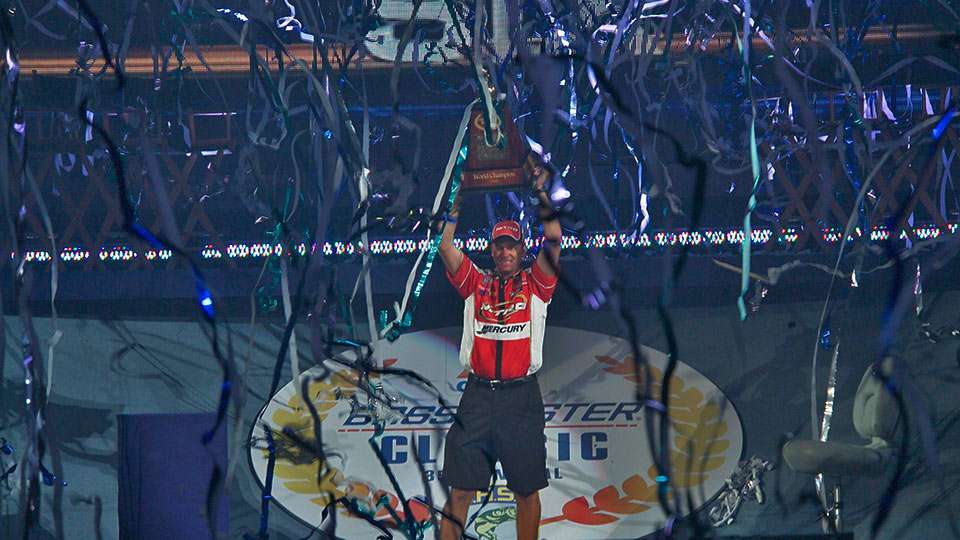
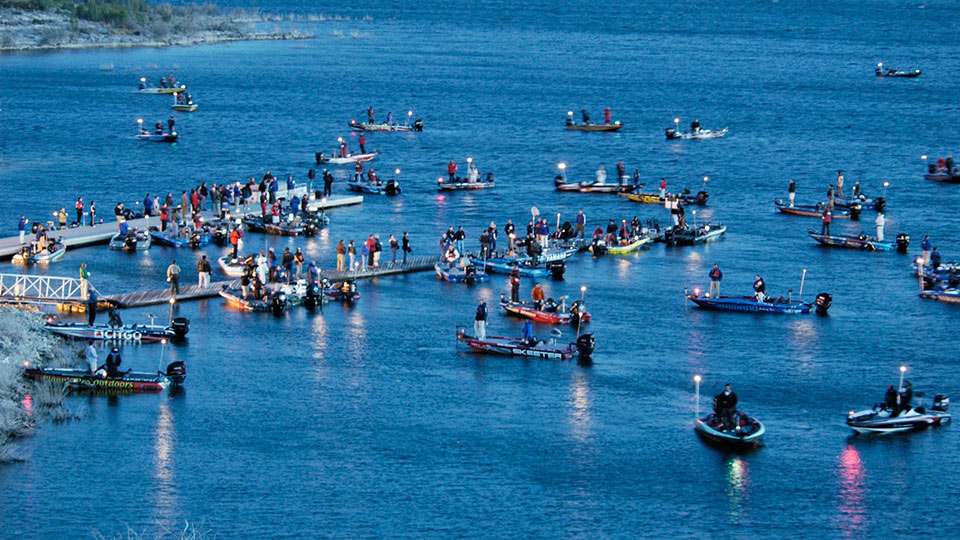
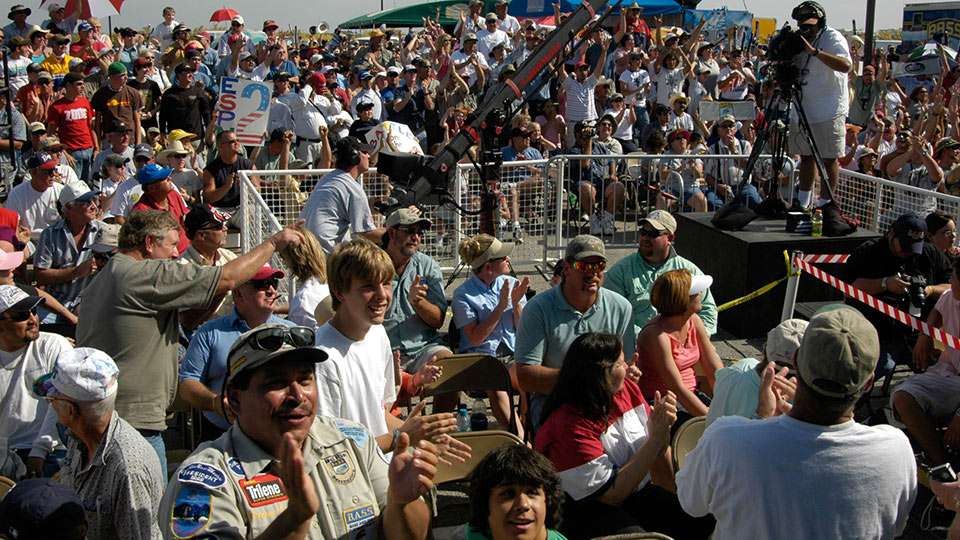
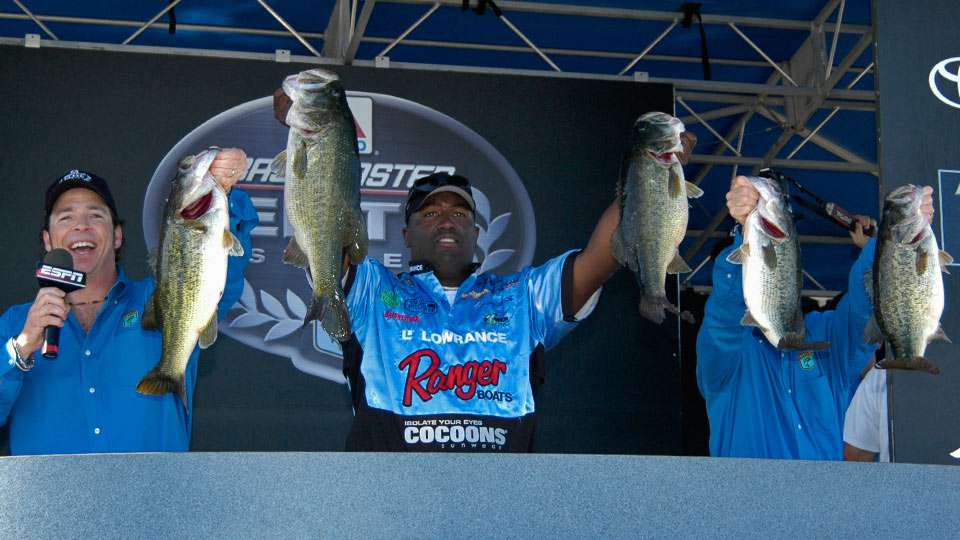
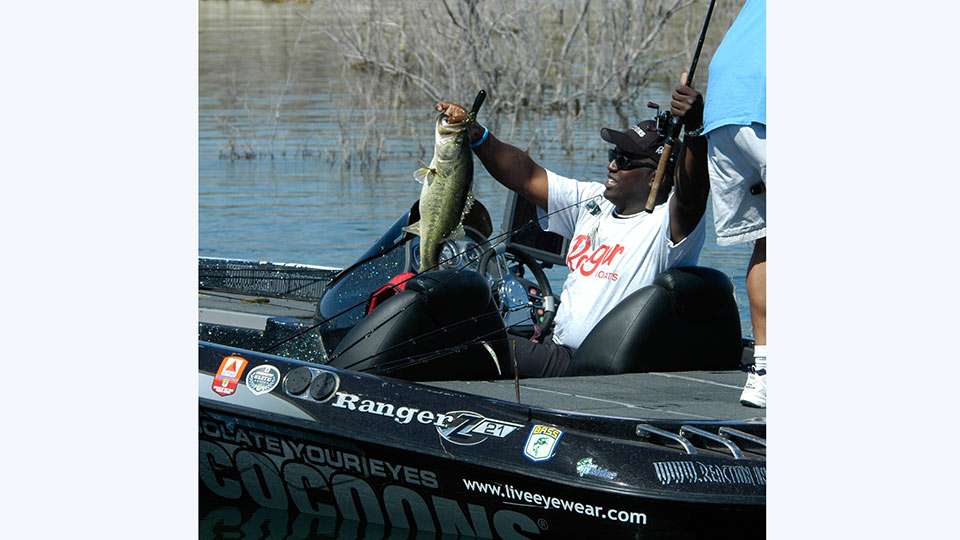
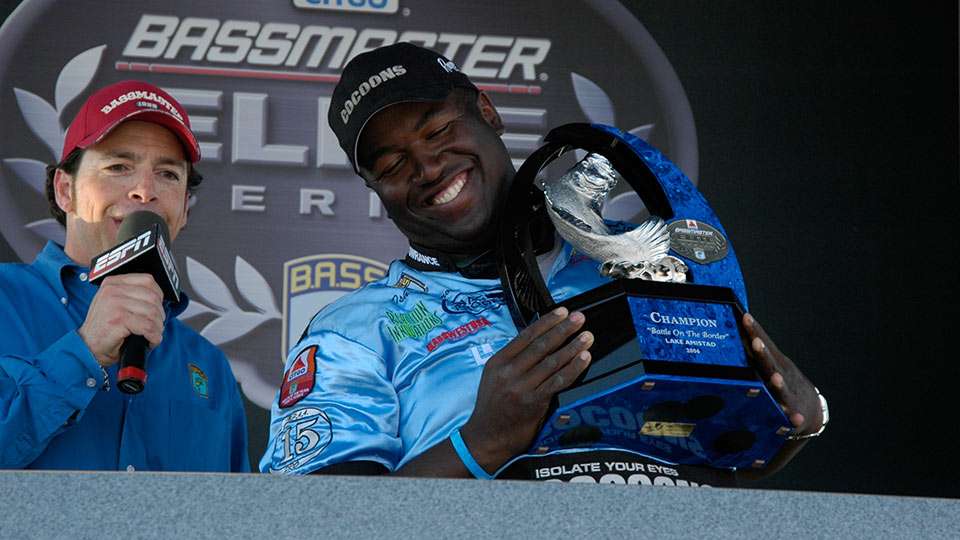
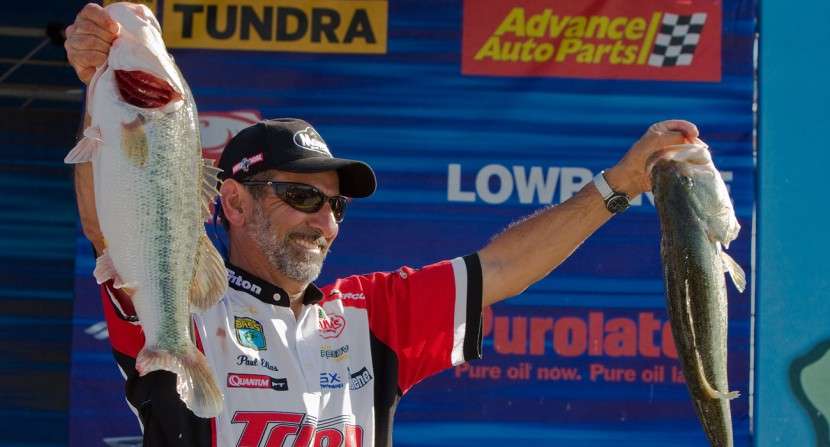
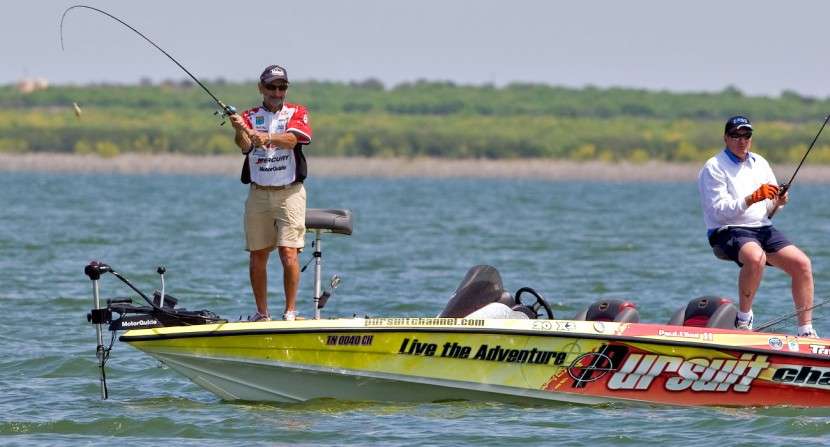
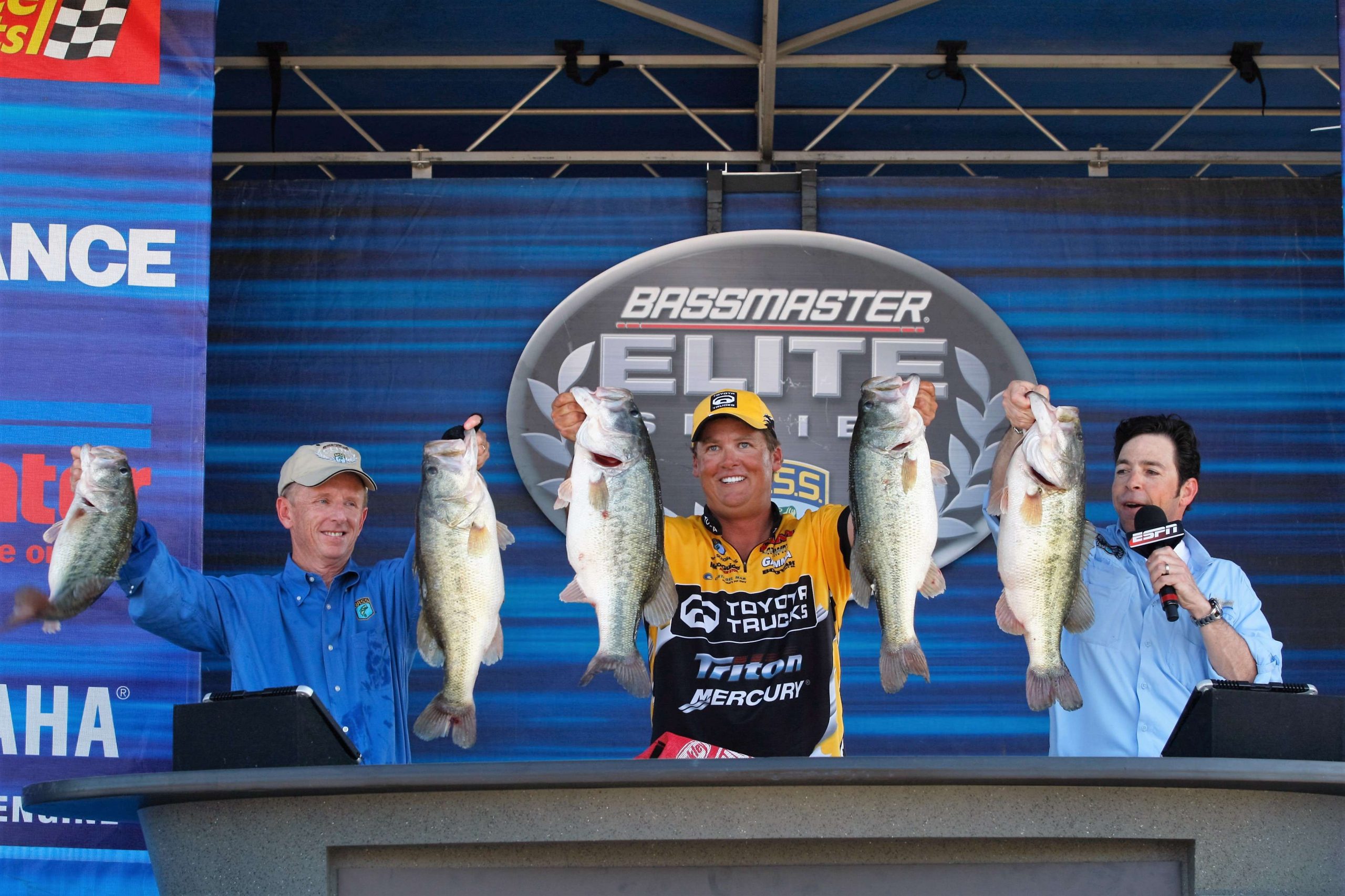
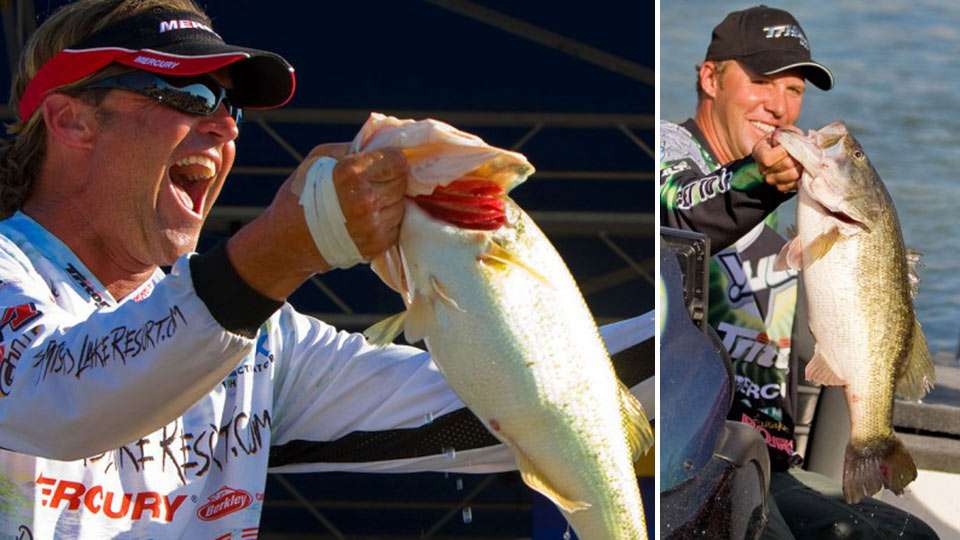
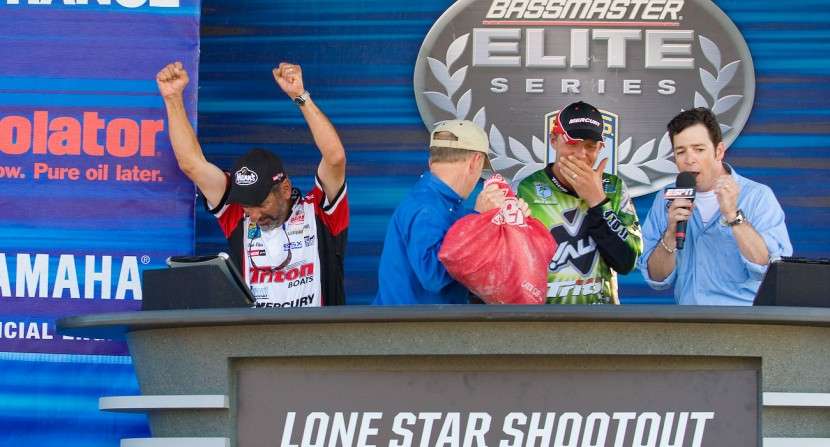
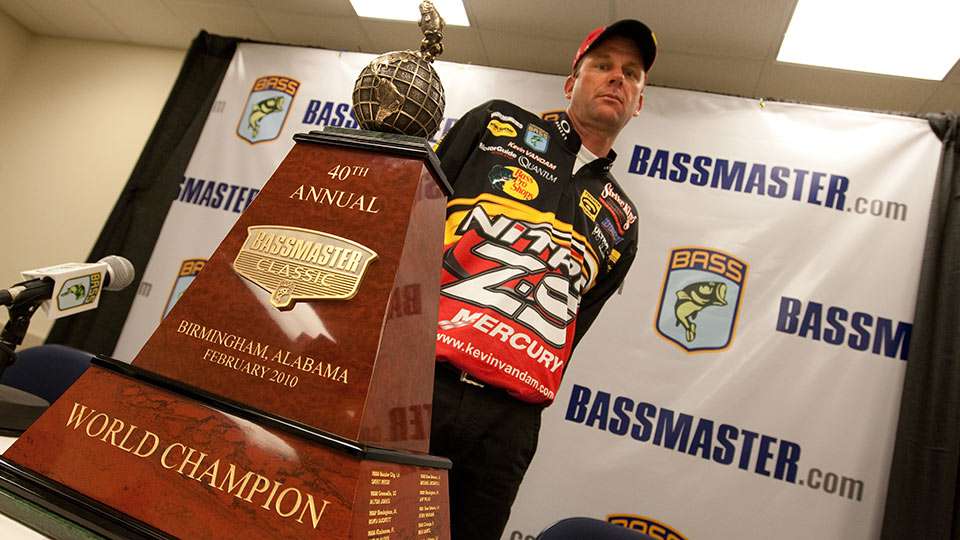
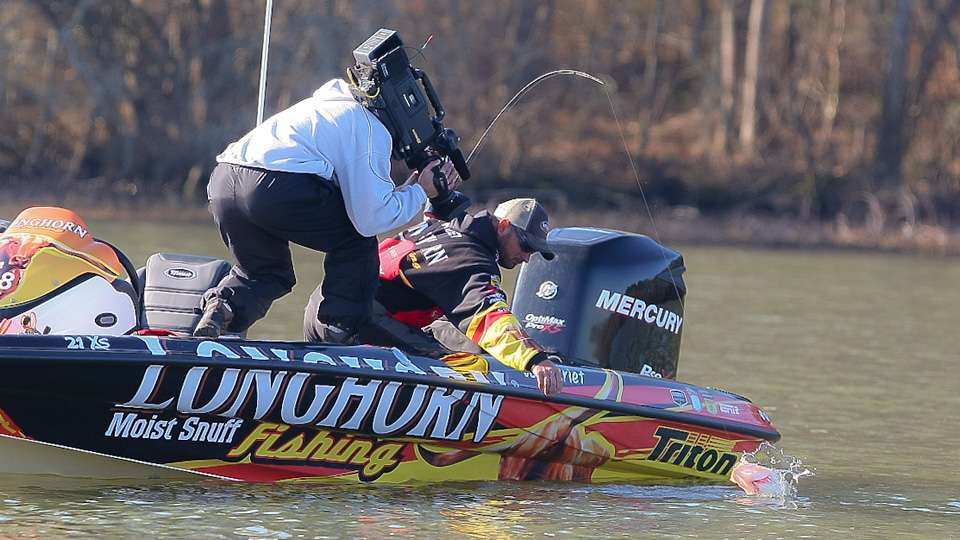
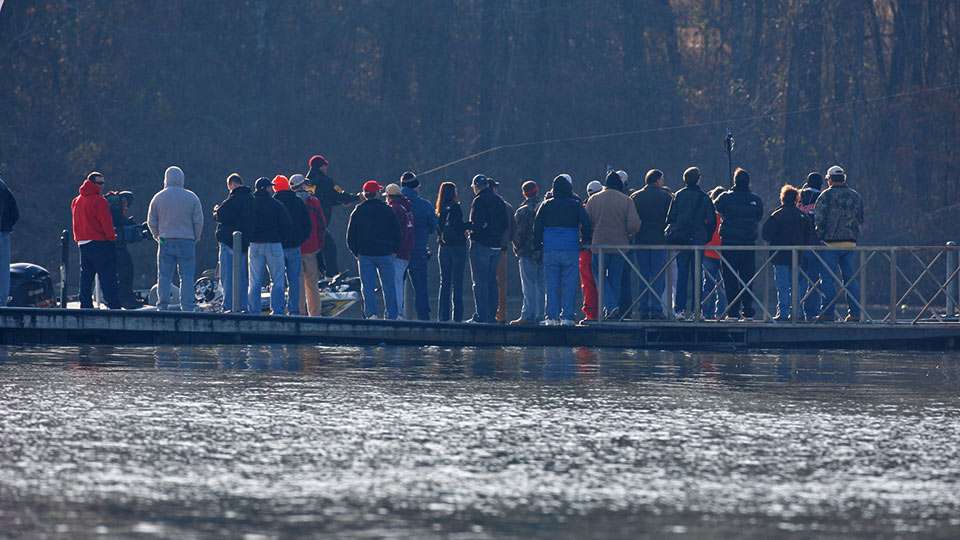
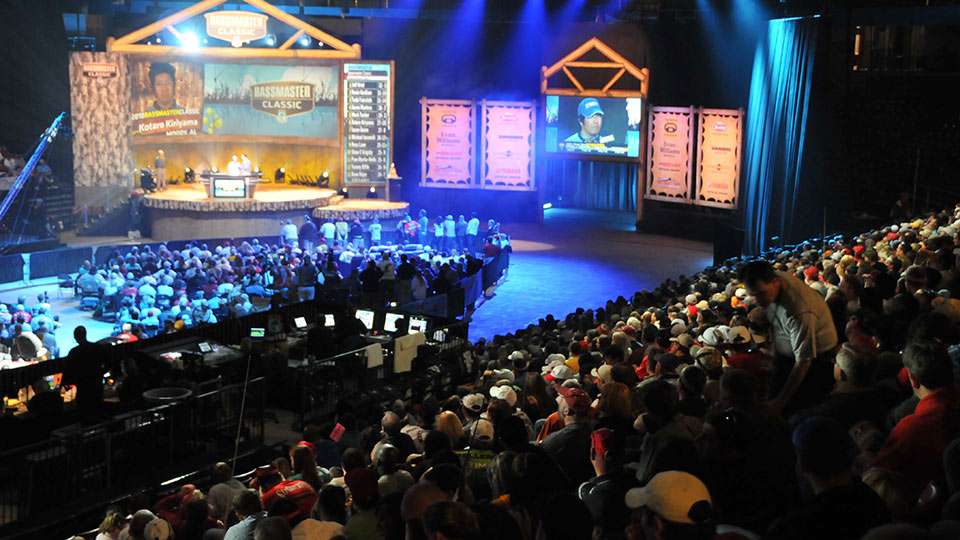

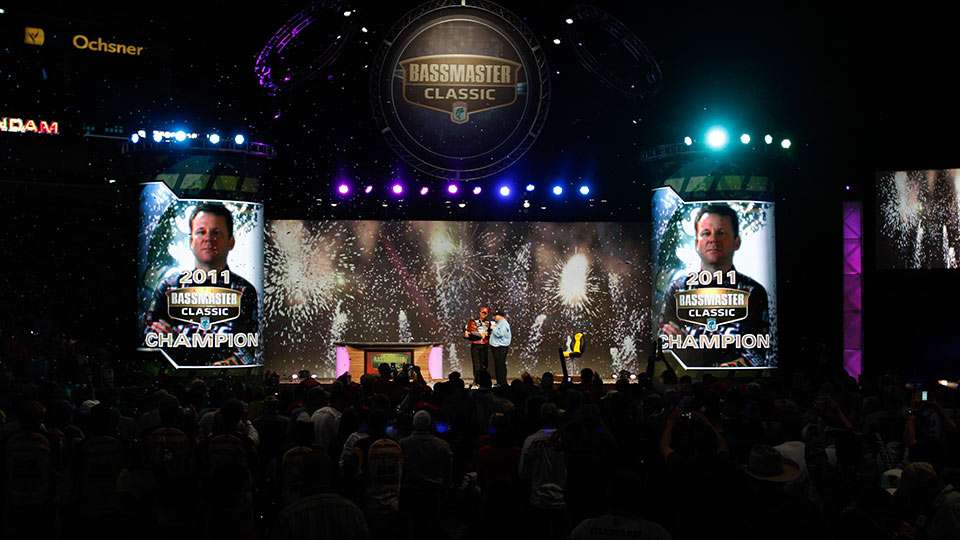
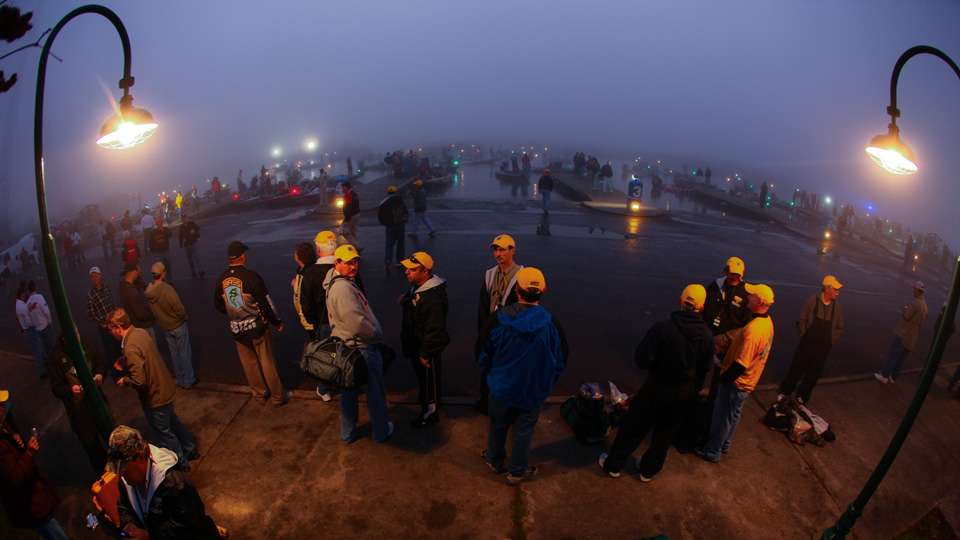
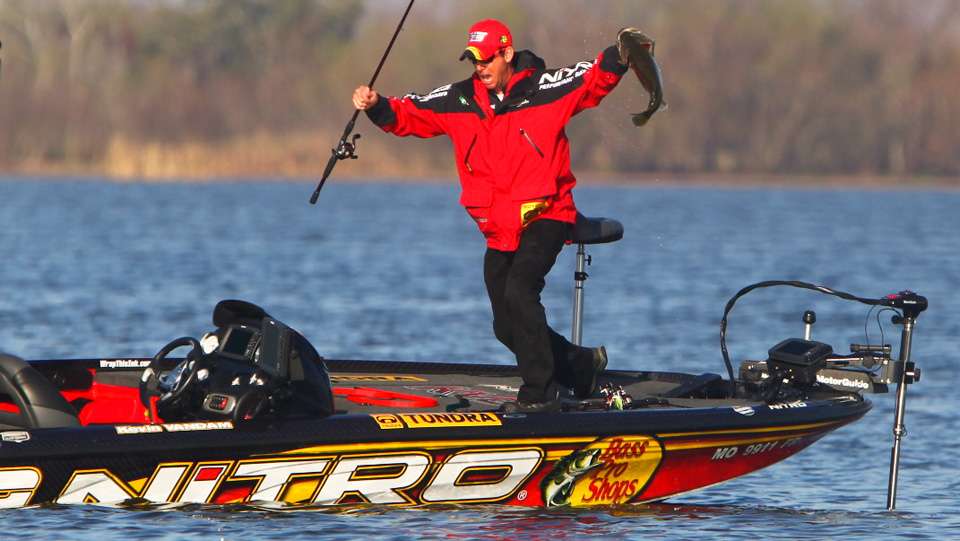
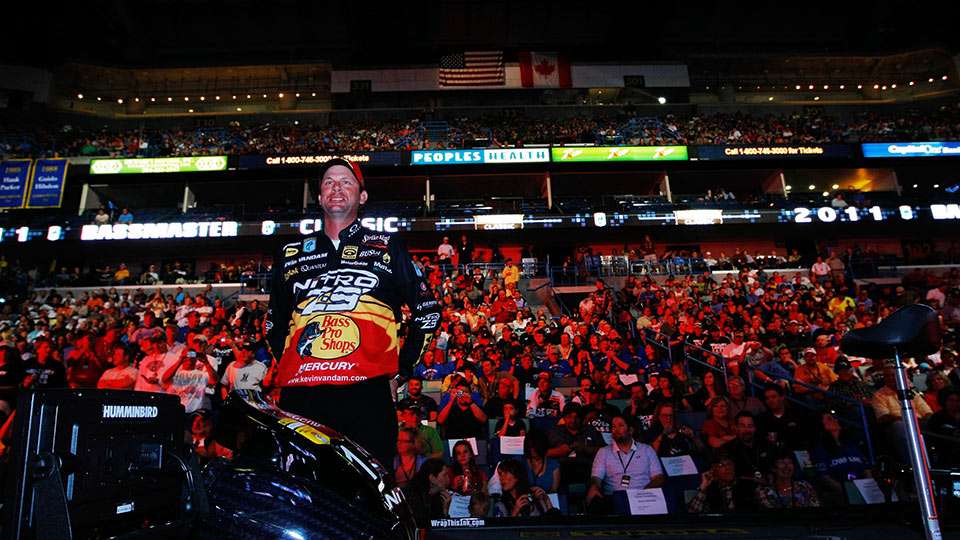
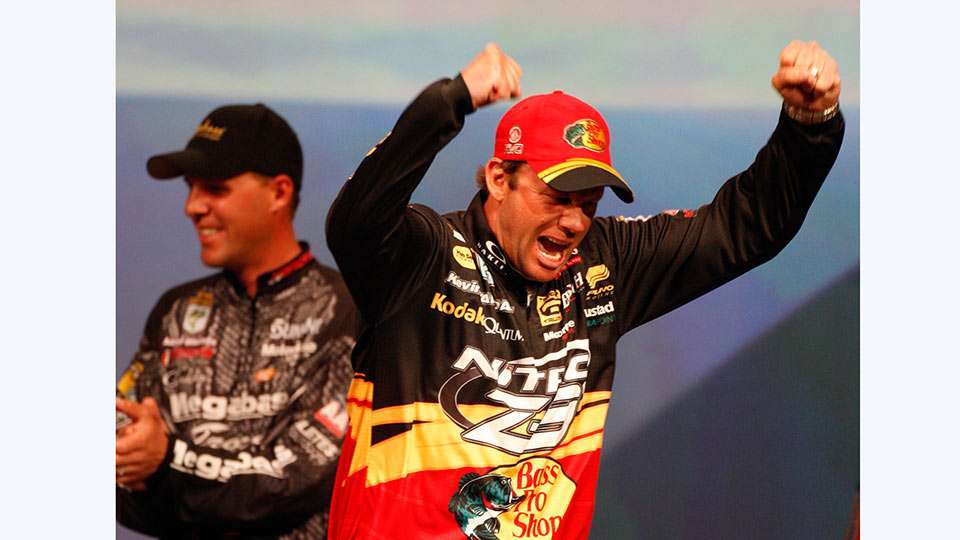
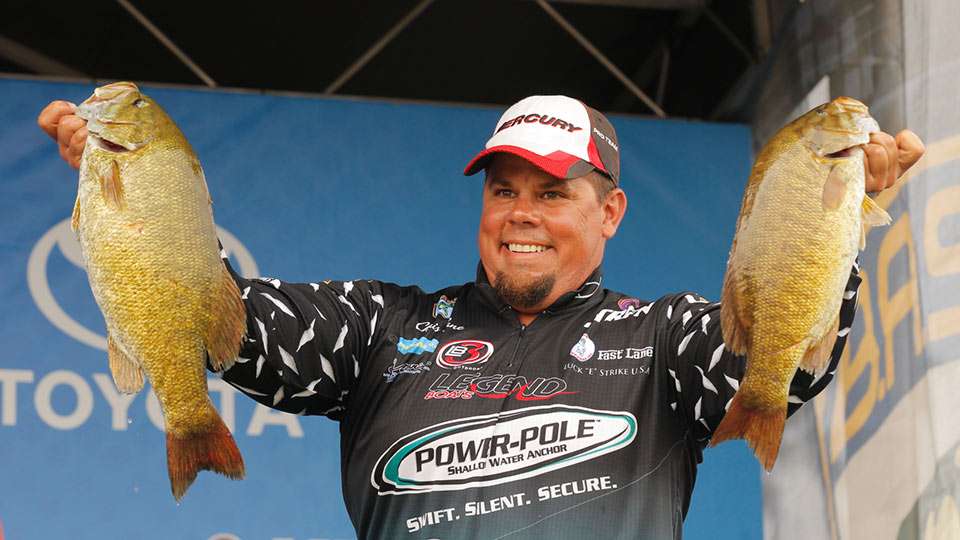
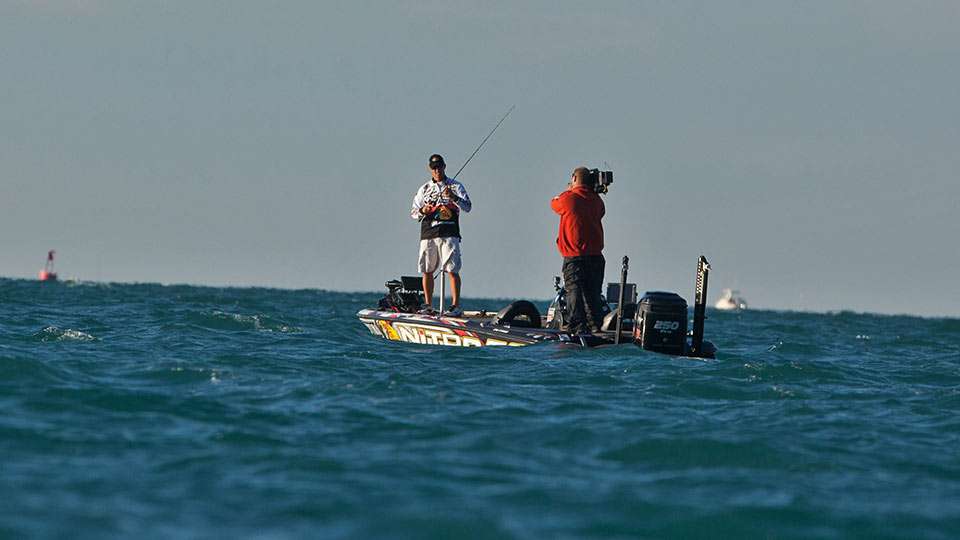
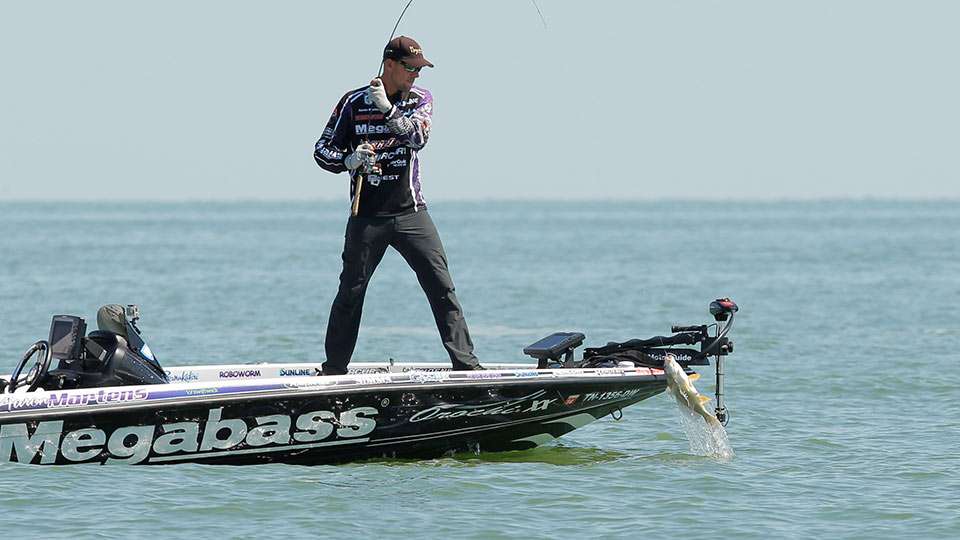
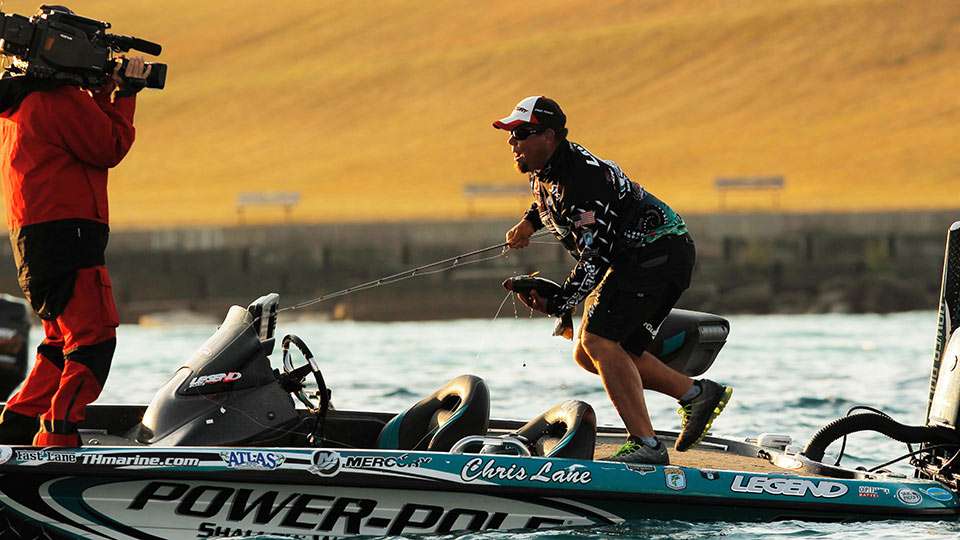
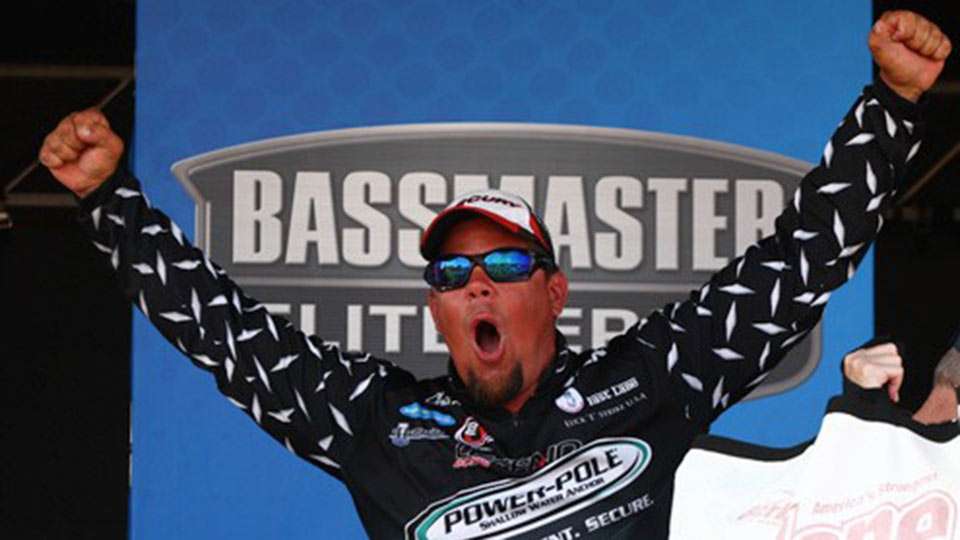
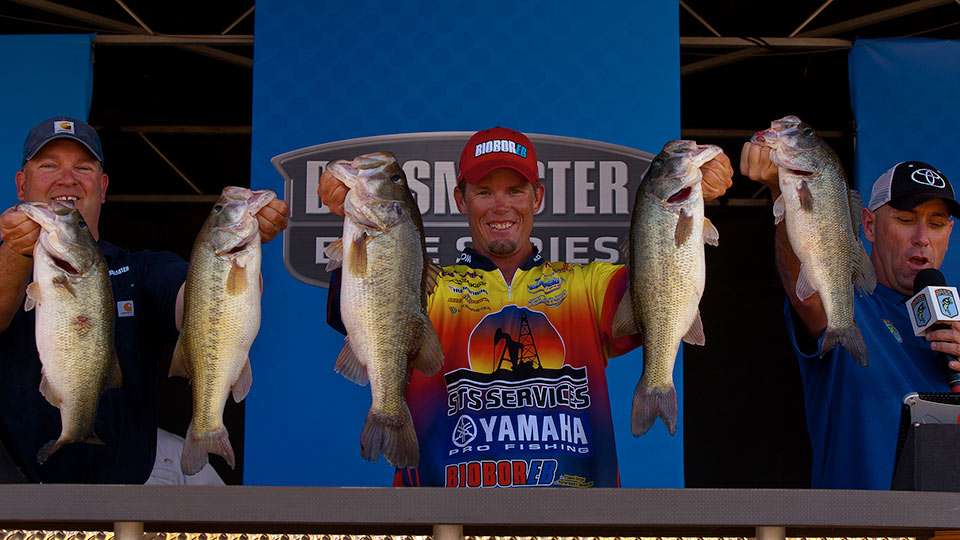
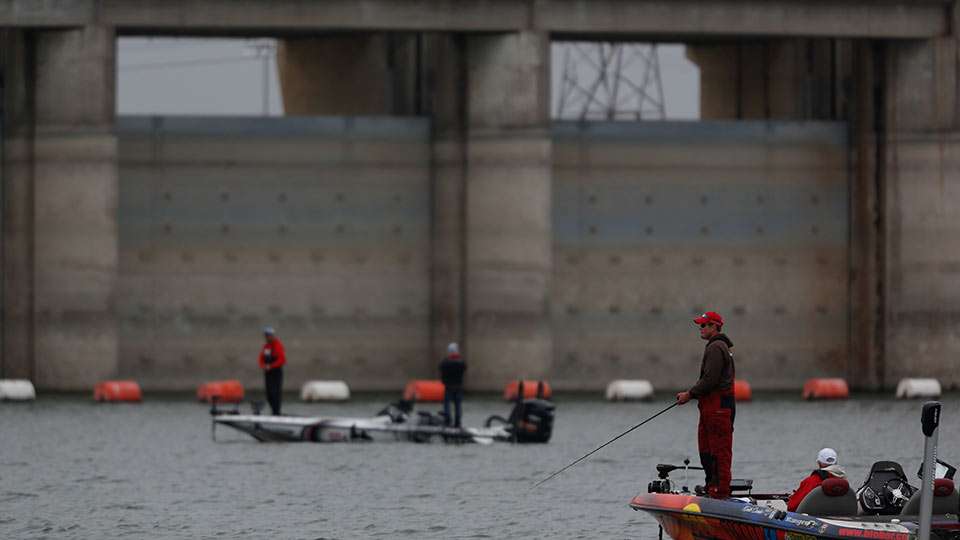
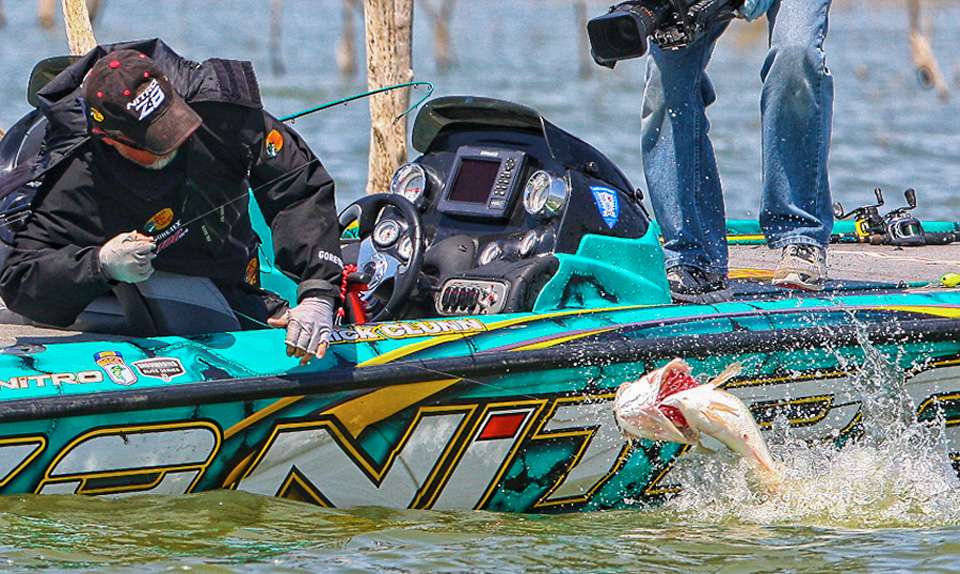
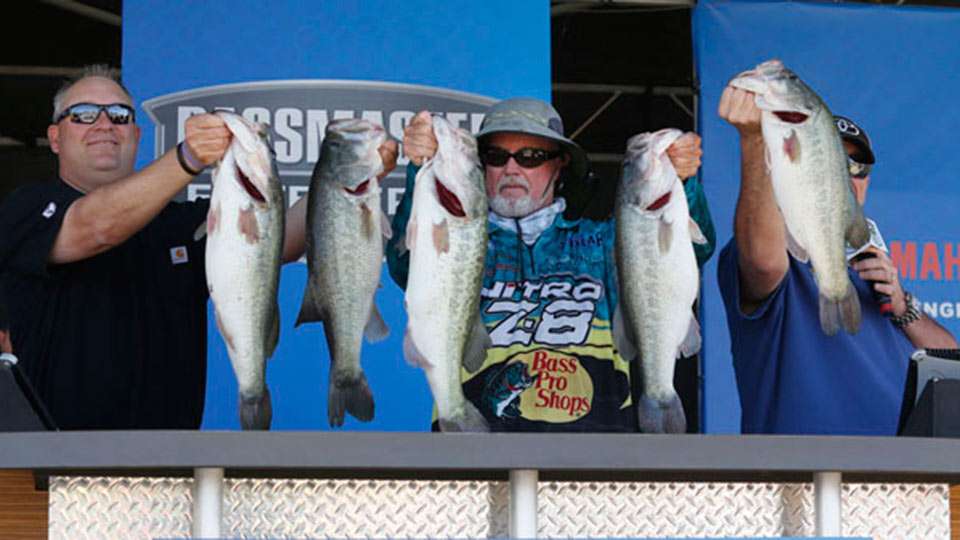
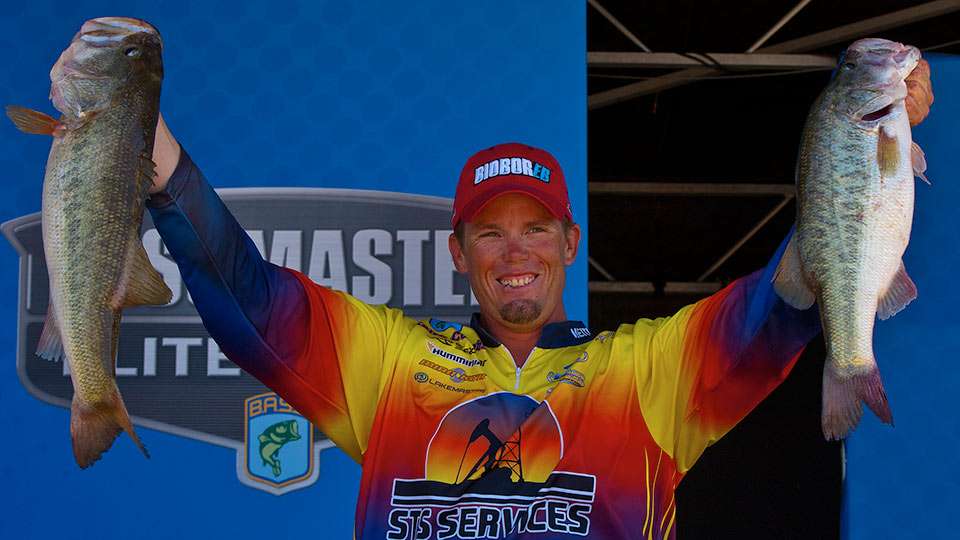
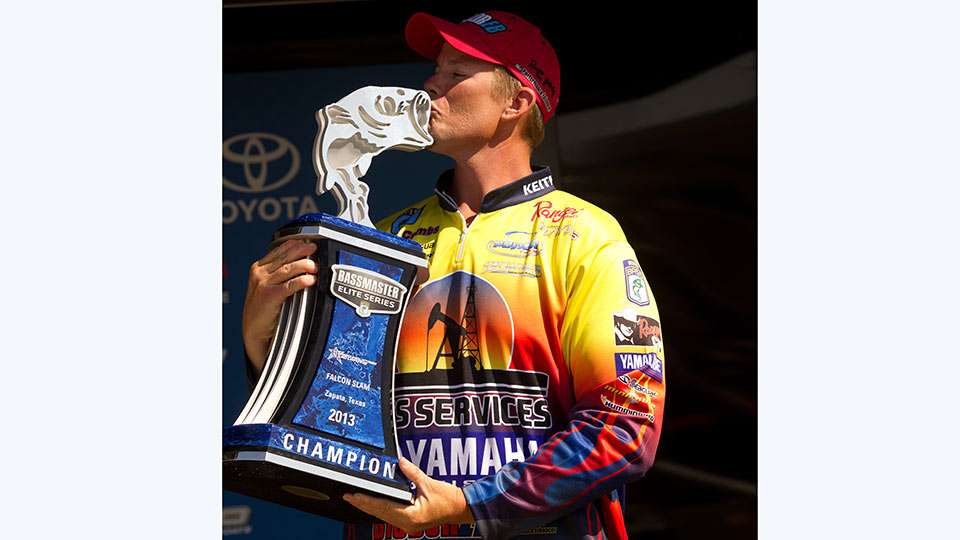
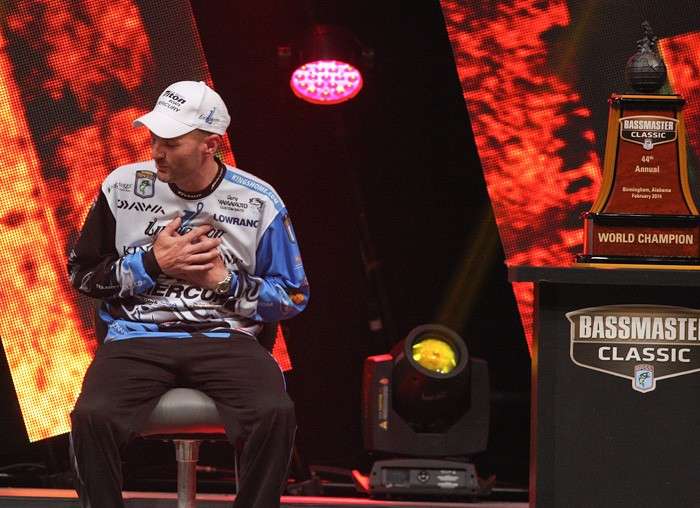
2014 BASSMASTER CLASSIC: Randy Howell listened to a voice that told him to change course to Spring Creek, where he experienced âa day of a lifetime.â There he caught bass after bass and won the Classic by a pound.
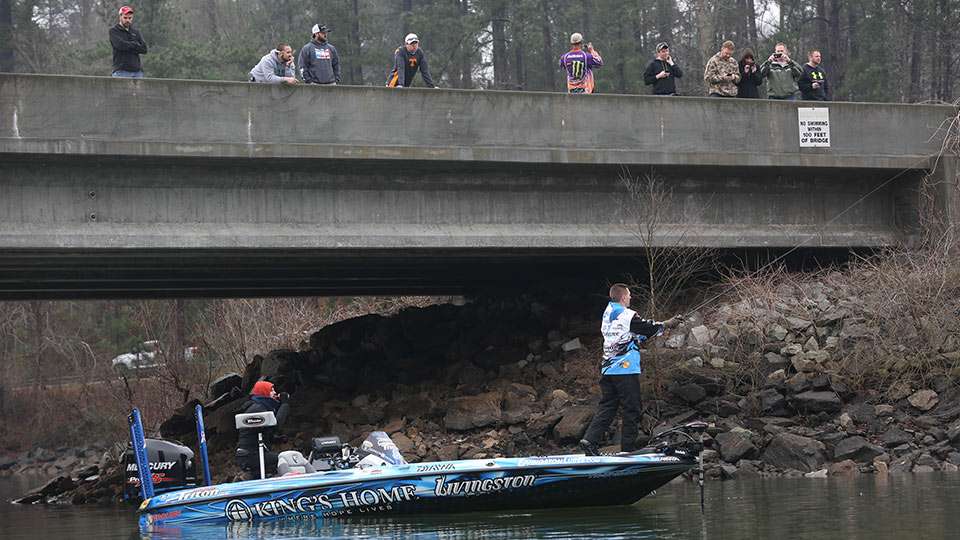
Howell began the final day off the radar but drew attention with a quick 22-pound limit. He culled to 29-2 for his winning 67-8 total. No one had ever come back from as far as 11th place to win the Classic.
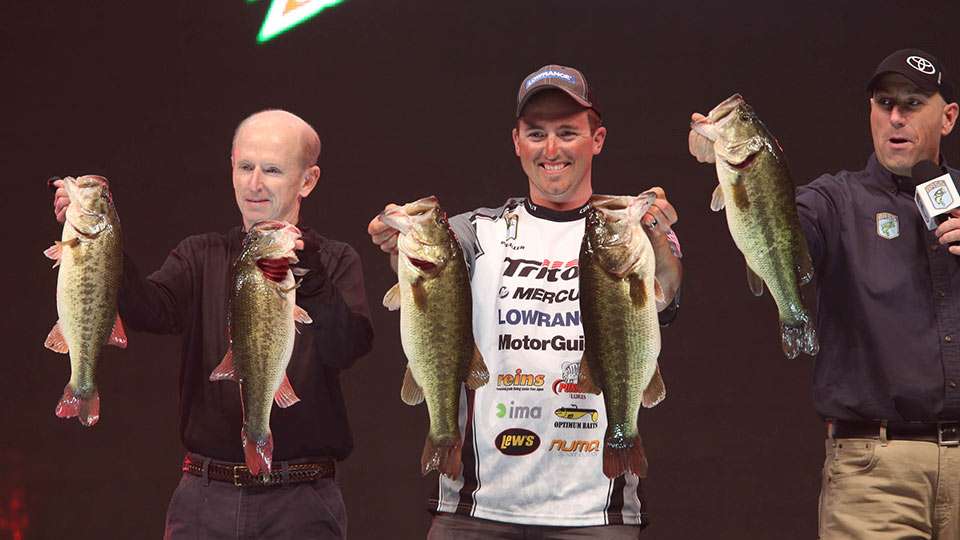
Paul Mueller finished a pound back in second place, but the B.A.S.S. Nation angler from Connecticut etched his name in the record books with the heaviest single day weight in a Classic. His 32-3 stringer on Day 2 put him in contention, and left him lamenting Day 1 when he only weighed three fish.
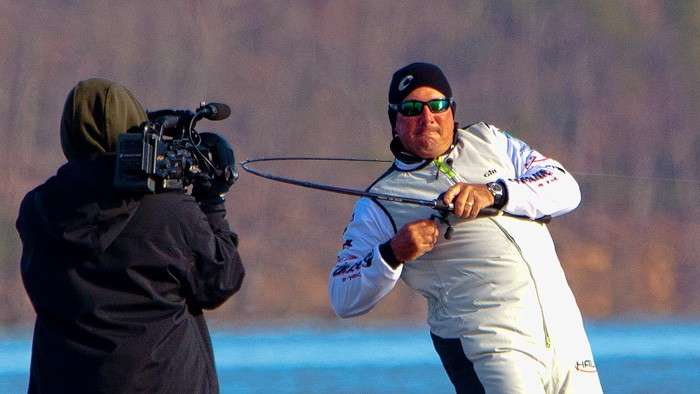
There was more disappointment for Edwin Evers, who began Day 3 with an ounce lead over local favorite Randall Tharp, the Day 1 leader. Tharp lost a big fish that might have won the Classic, while Evers only managed 18-5 on the final day to fall short.
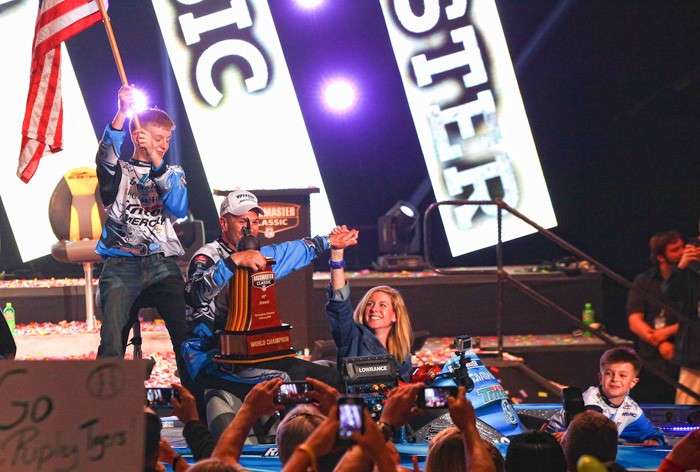
Howell, who had only won one other Bassmaster event, became the second angler since Boyd Duckett to win in his home state. âI’ve had this dream so many times,” he said. âI just can’t believe I won the Bassmaster Classic. I don’t believe it.â
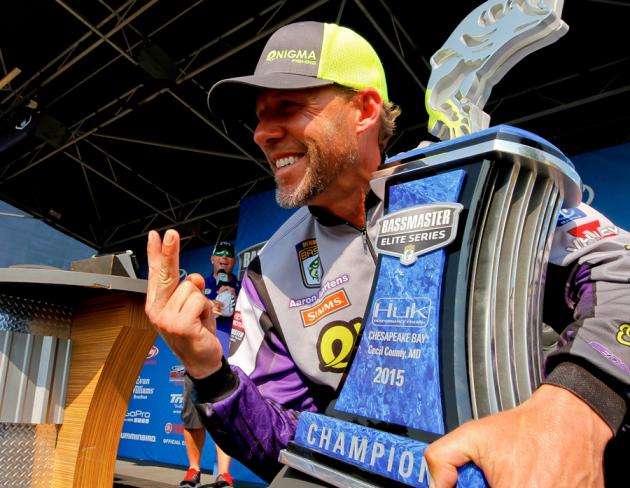
2015 CHESAPEAKE BAY ELITE: Aaron Martensâ second victory of the 2015 Elite season came in unprecedented fashion as the drama of the final day was seen in real-time by viewers via the Bassmaster LIVE webcast on Bassmaster.com.
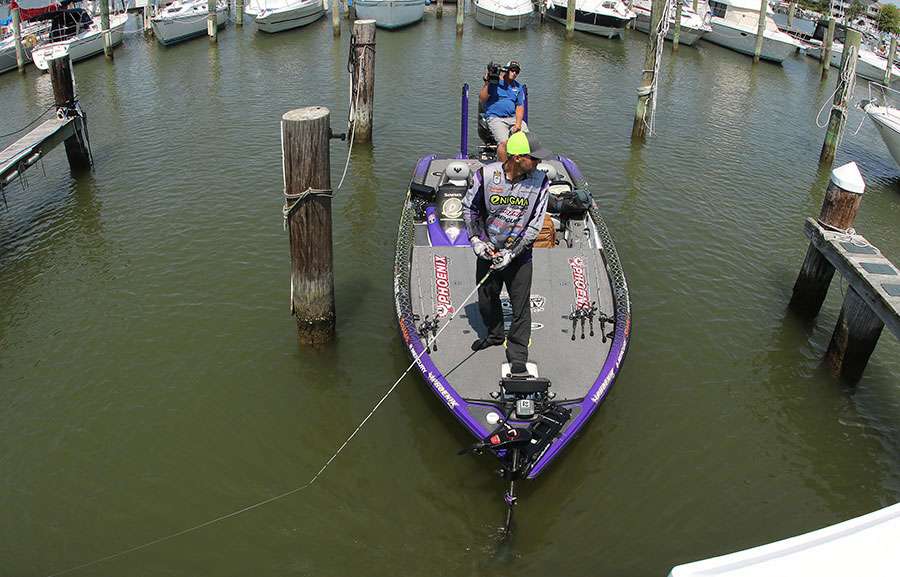
Martens began the final day on Chesapeake Bay with a 5-pound lead, and viewers could watch and hear his worries as he struggled through a difficult morning. He went three hours without a bite and lost several fish that short-striked his bait.
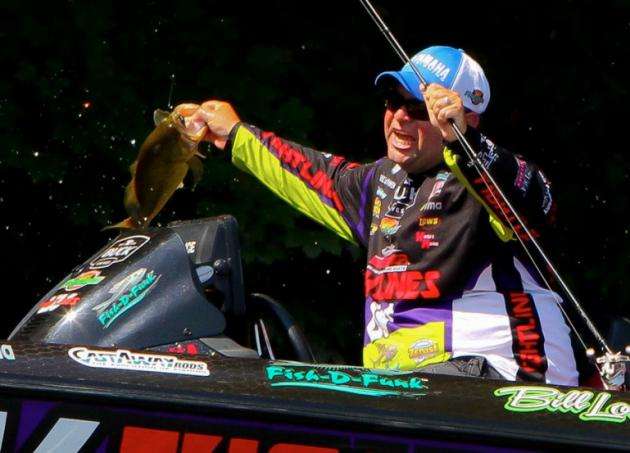
Making matters worse was Martensâ closest competitor, Bill Lowen, was threatening to win his first ever B.A.S.S. event. Lowen caught a limit early and led by nearly 10 pounds at one point.
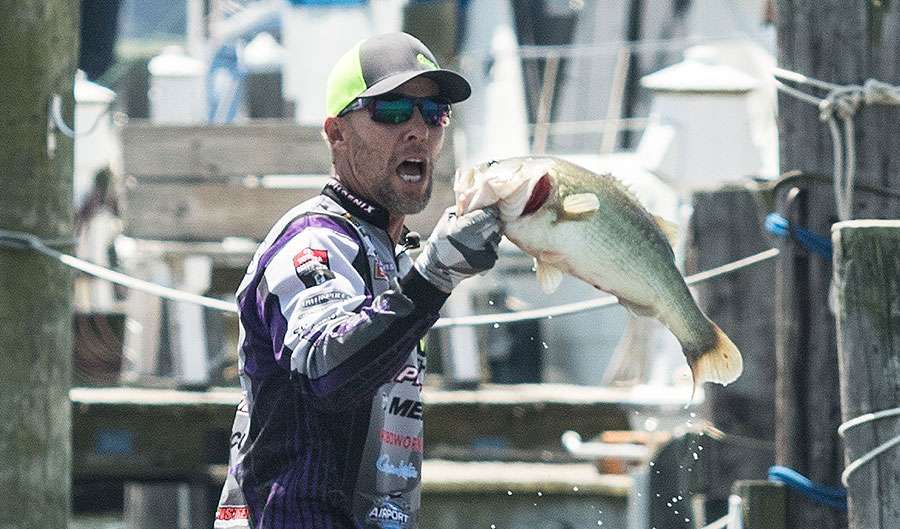
The tension was palpable watching Martens, who in the past had collapsed in events. He showed patience and maturity this time, repeating how the tide needed to âget right.â Around 10 a.m., he caught two small fish before he broke open the floodgates by yanking a 7-2 lunker from a marina piling. He went on to build a 21-5 bag and won by 8 pounds.
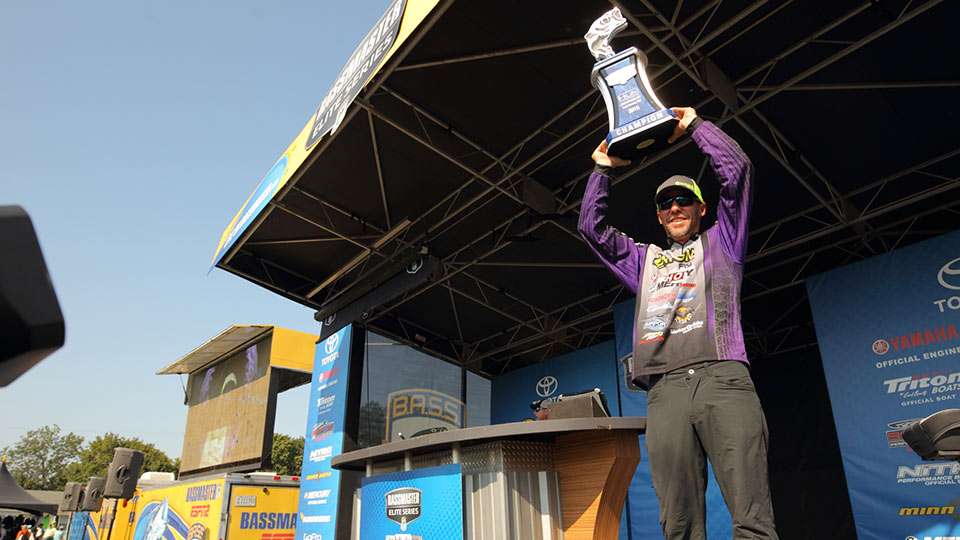
Bassmaster LIVE hosts Tommy Sanders and Mark Zona said the 7-2 catch would stand as one of the top B.A.S.S. moments of all time. Martens enjoyed it, too. âThat fish ranks right up there with any one that Iâve ever caught,â Martens said. âI was struggling, and I was starting to get a little grumpy. After I caught that fish, I wasnât grumpy anymore.â
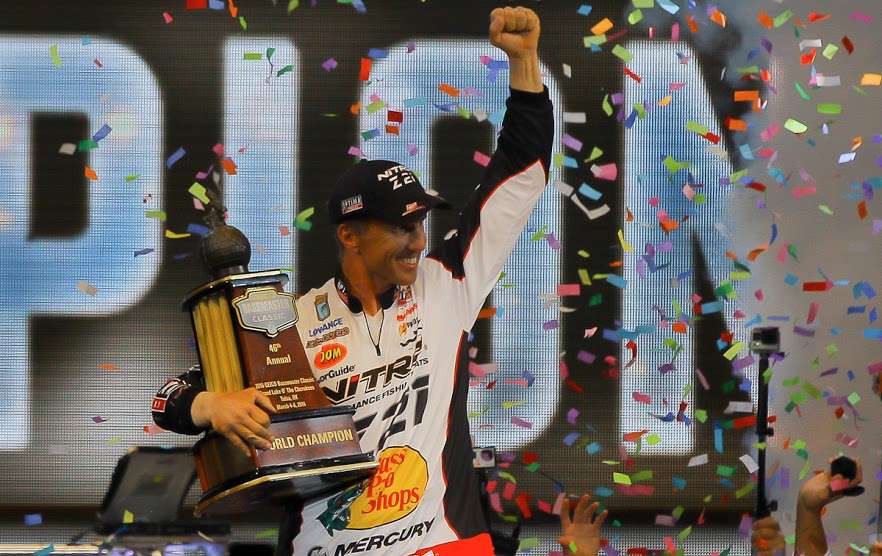
2016 BASSMASTER CLASSIC: Edwin Evers offered up his version of the Cinderella story, storming back with 29 pounds, 3 ounces on the final day to trade in the moniker of âBest Angler Never to Win a Classicâ for â2016 Bassmaster Classic champion.â
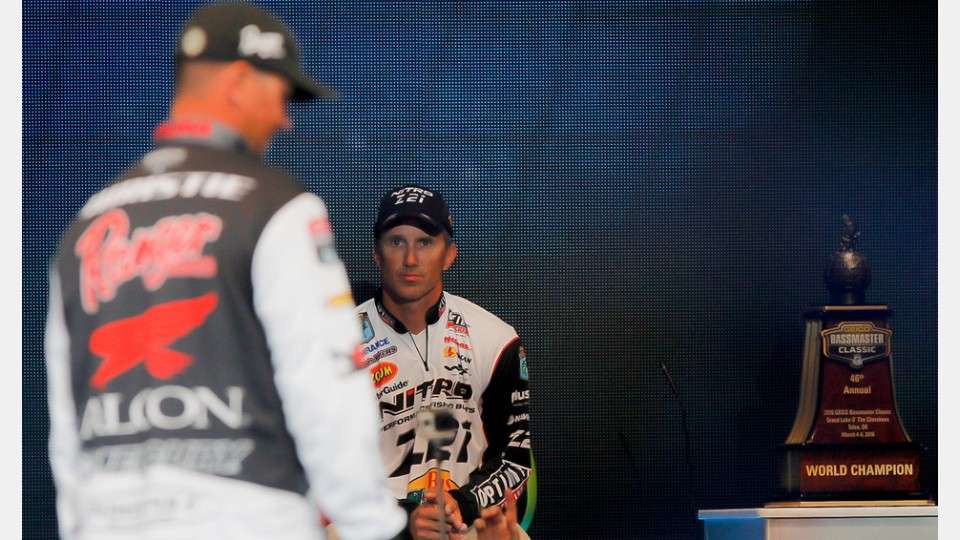
Heading into the final day, it seemed as if Eversâ running mate Jason Christie would be Oklahomaâs home-state winner, not him. Christie weighed 20-14 and 16-11 the first two days and held a 6-5 lead over Evers heading into the final day. He managed only four fish weighing12-9.
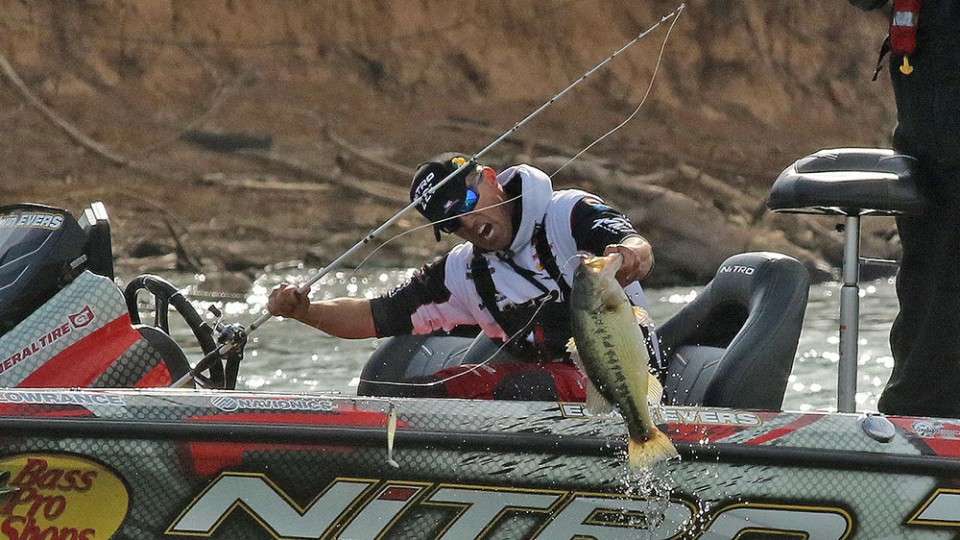
Evers, who only had four fish on Day 1, rallied back into contention after a successful desperation run up the Neosho River on Day 2. âYou could have a hundred Classics on Grand, and 99 times out of a hundred it wouldnât be won with what I did the second day. It just helped me get back in it, as tough as things were,â he said. On Sunday, he visited a favorite spot of his in-laws way up the Elk River.
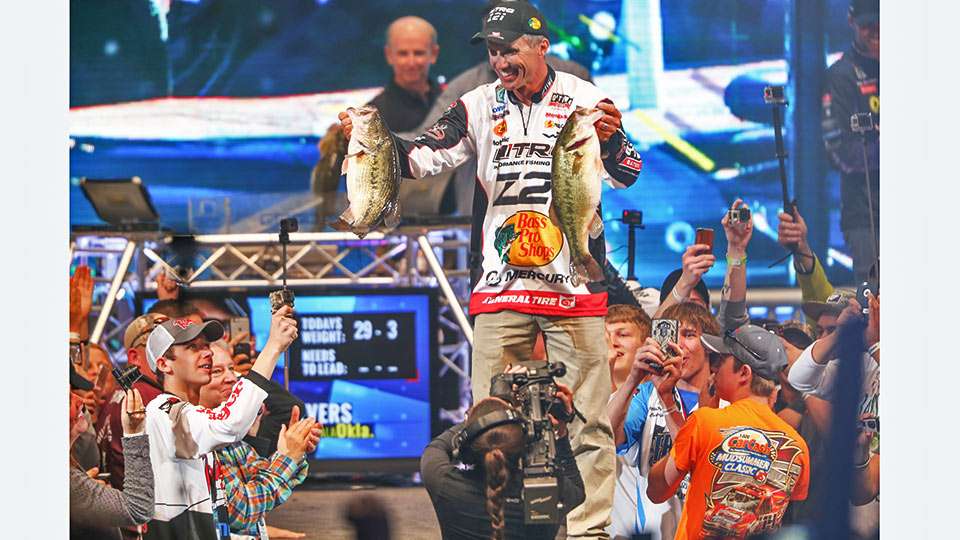
Thatâs where he had an absolutely magical Day 3. With windy conditions right for the finicky river fish, Evers reeled in lunker after lunker, culling to 29-3. That pushed his three-day total to 60-7, 10 pounds ahead of Christie, and into Classic history.

âIt was just an unbelievable feeling, standing up there on stage, holding that trophy while the fans went crazy,â Evers said. âMy first reaction was that it was a relief to finally win the Classic. Thatâs what every pro dreams about.â
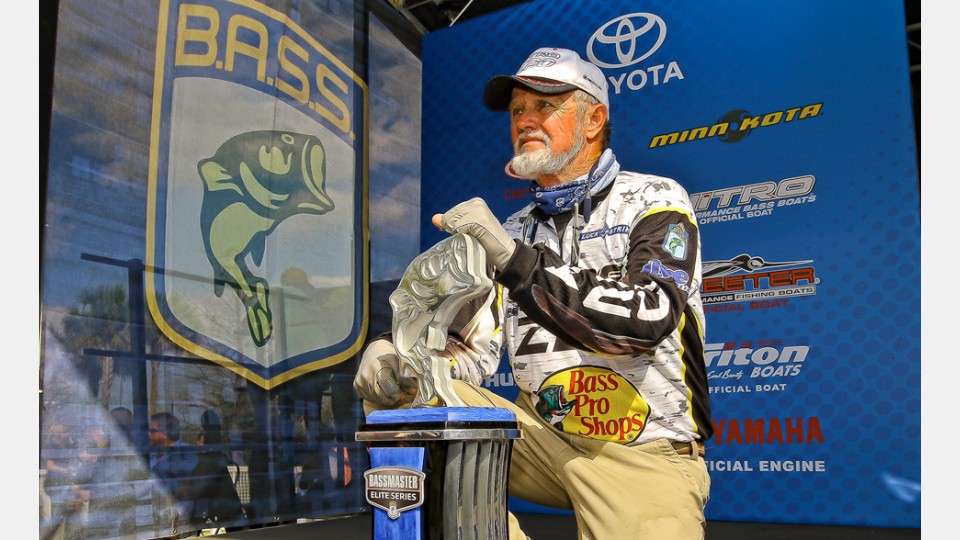
2016 ST. JOHNS ELITE: Rick Clunnâs victory in the season-opening event had significance beyond the title and becoming the oldest B.A.S.S. winner. The 69-year-old touched many with his inspirational words. âNever accept that all your best moments are in your past,â he said.
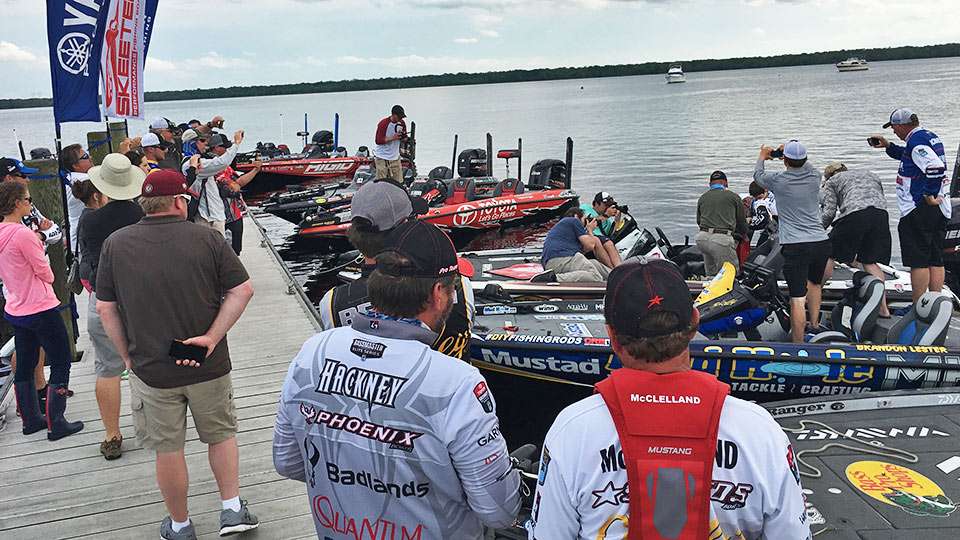
Clunn made the 50 cut with consistent catches of 16-11 and 14-13, but his magic happened during a one-hour stretch Saturday when he caught most of his weight. News of a huge bag had nearly every pro go to his boat to check it out and congratulate the legend, a fishing hero to most.
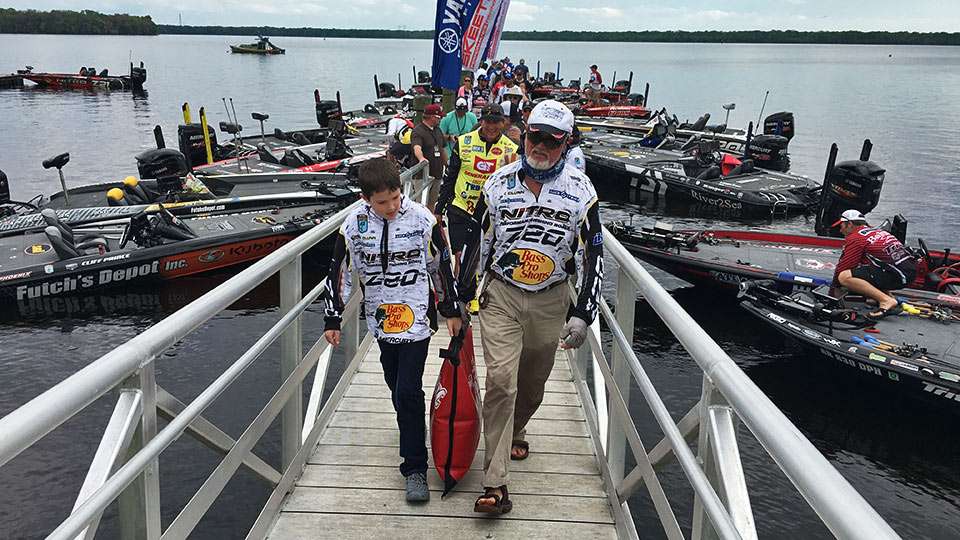
Clunn waited for his wife, Melissa, and son, River, to arrive from out of state before he even bagged his fish. âI just kind of waited,â Clunn said. âI kept telling all the guys to tell longer stories than youâve ever told before â most of the time, itâs âGet off the stage.â They got here about 15 minutes before I weighed in.â
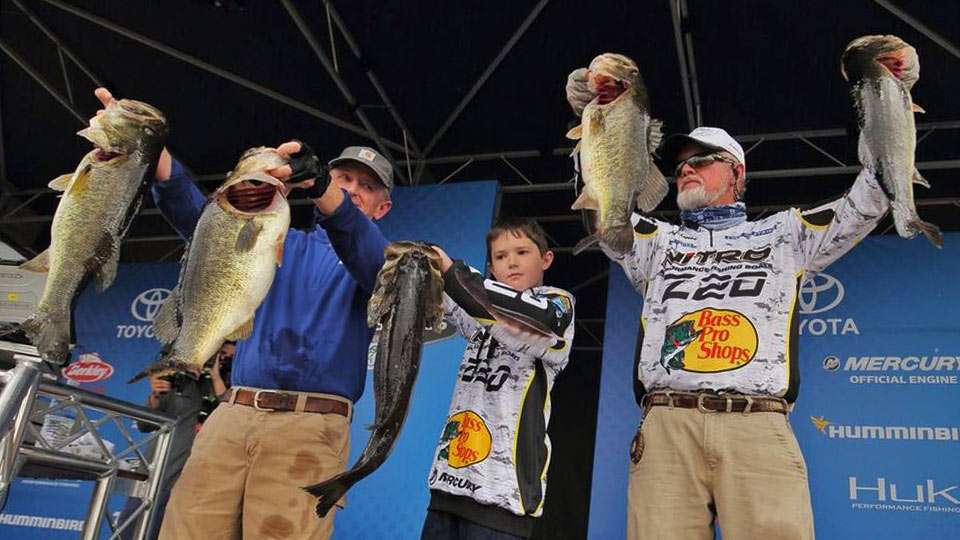
Clunn had River help carrying his bag to the weigh-in stage â Skeet Reese felt honored he was allowed to help — then father and son showed off the third-largest bag of Clunnâs career, 31-7, giving him the lead going into the final round with 62-15.
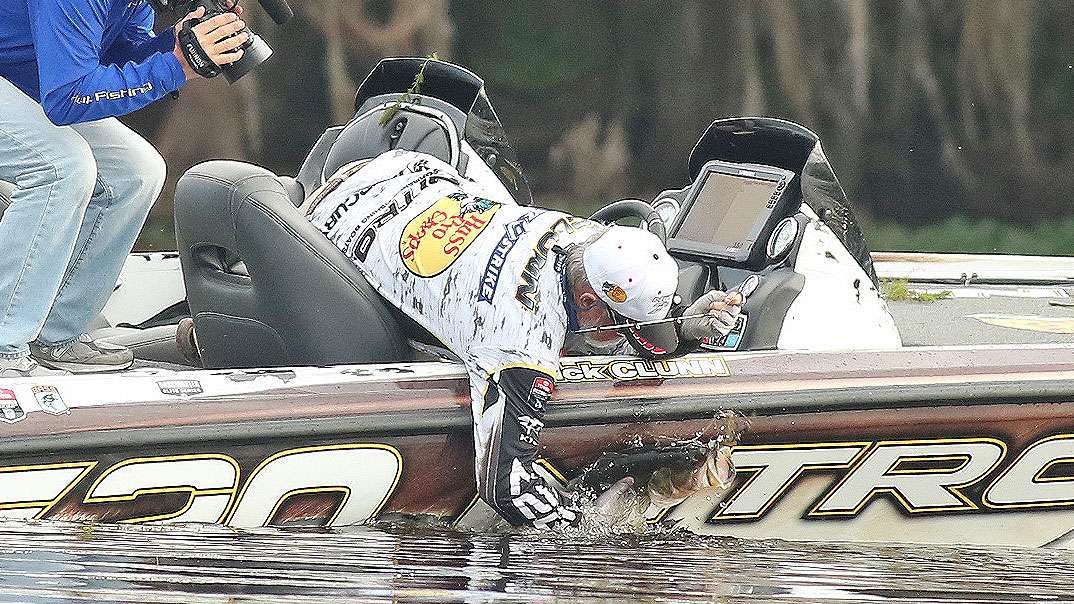
Despite his 6-pound lead, Clunn knew he still had some work to fend off Greg Hackney, who was seen on Bassmaster LIVE making up ground early on Day 4. Clunn matched Hackneyâs salvo and ended with 19 pounds for a 81-15 total and a 4-pound victory. It was his 15th title in B.A.S.S., including a record-tying four Classics.
